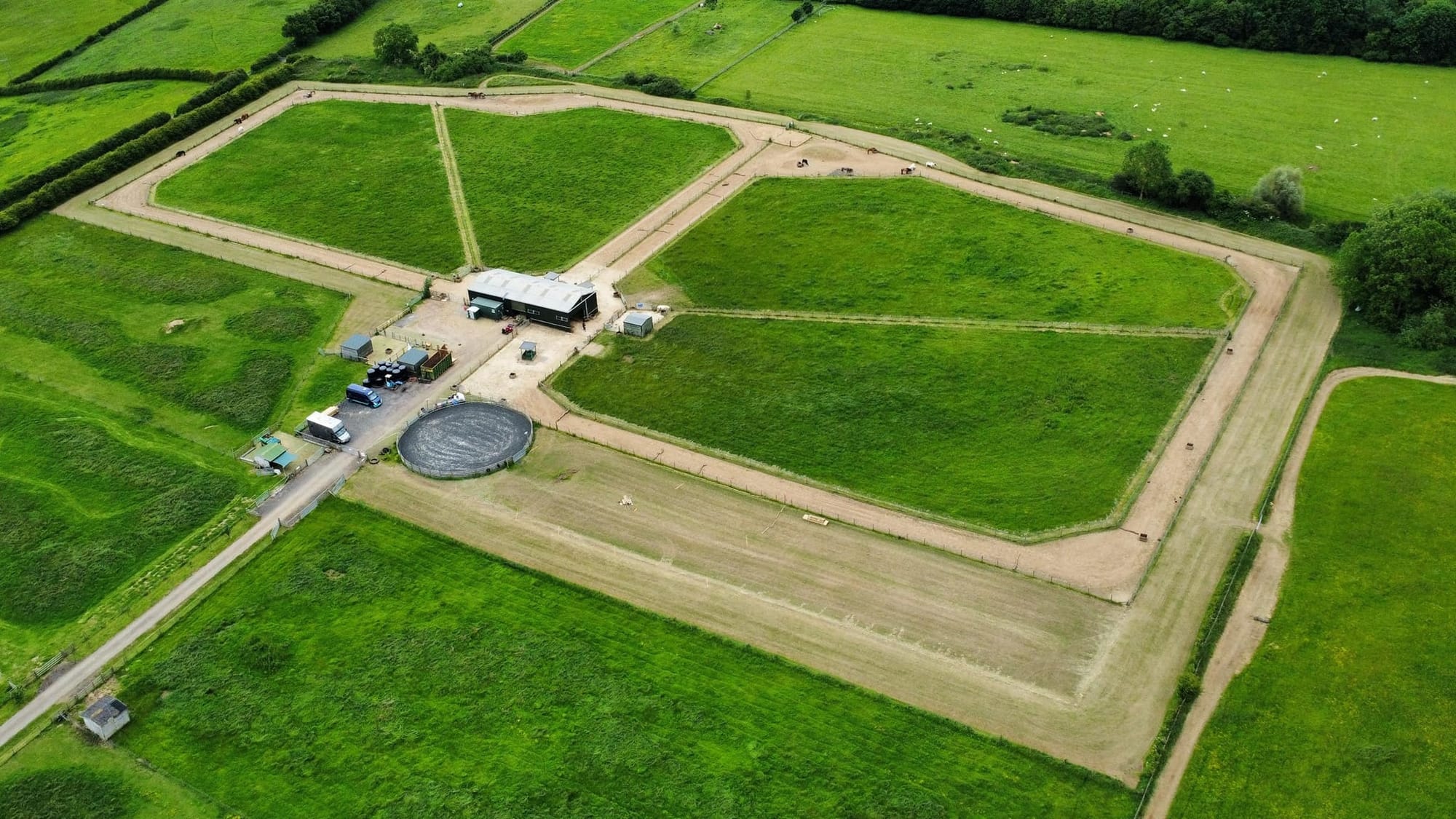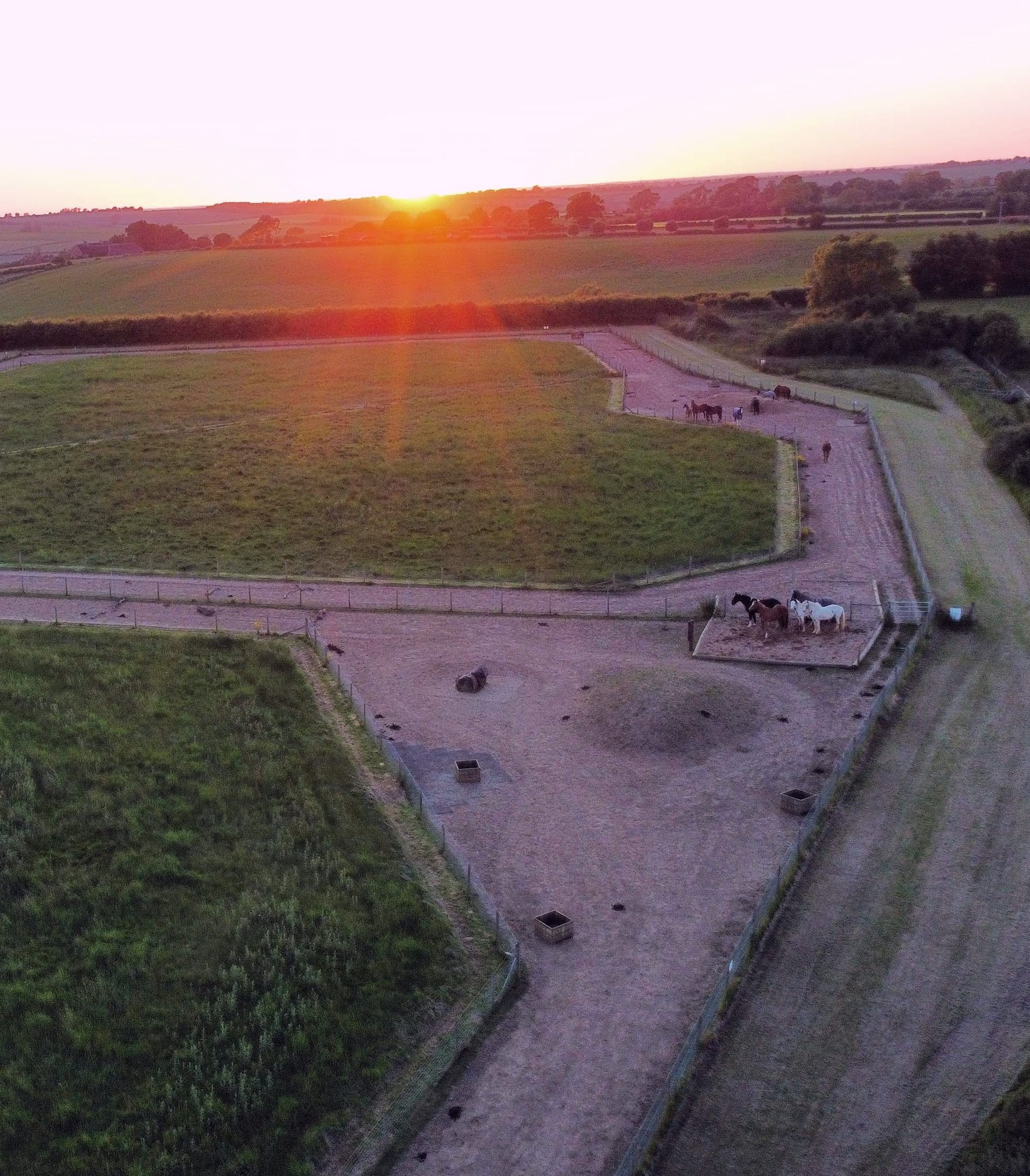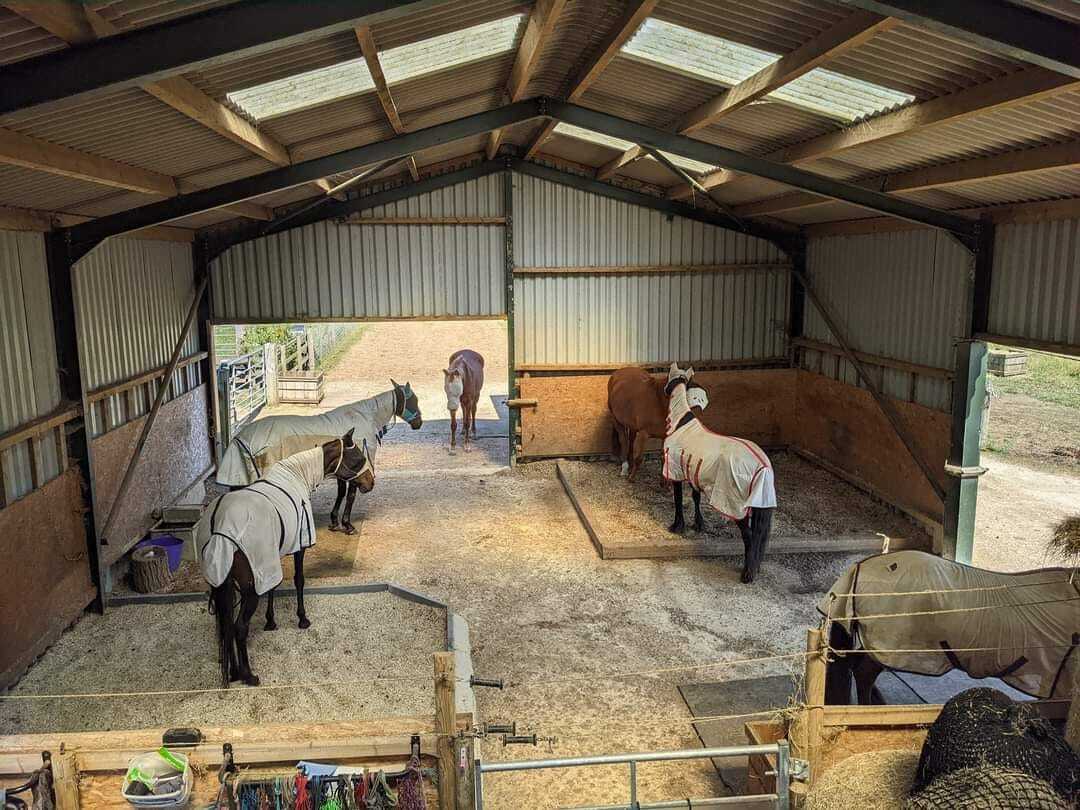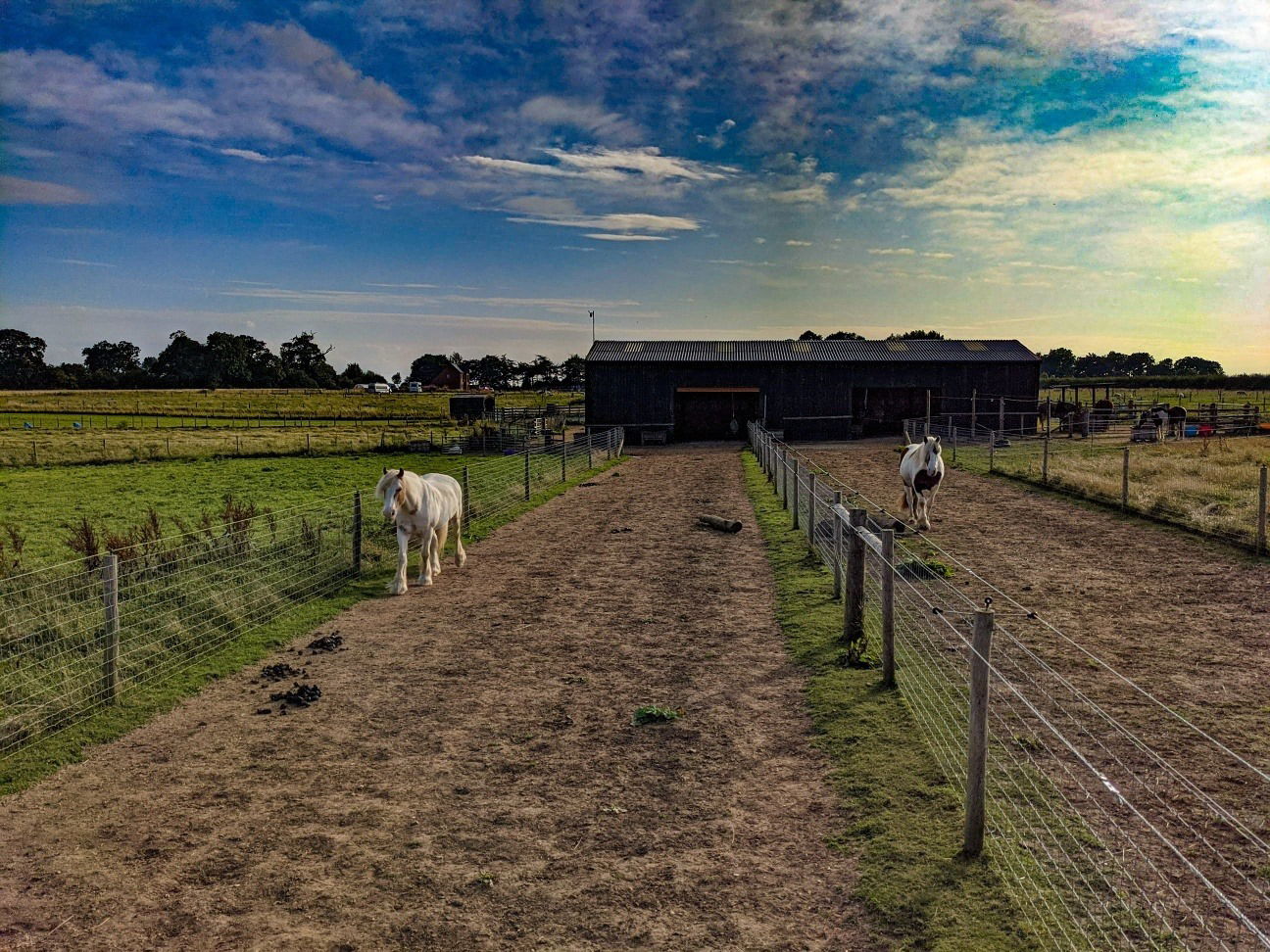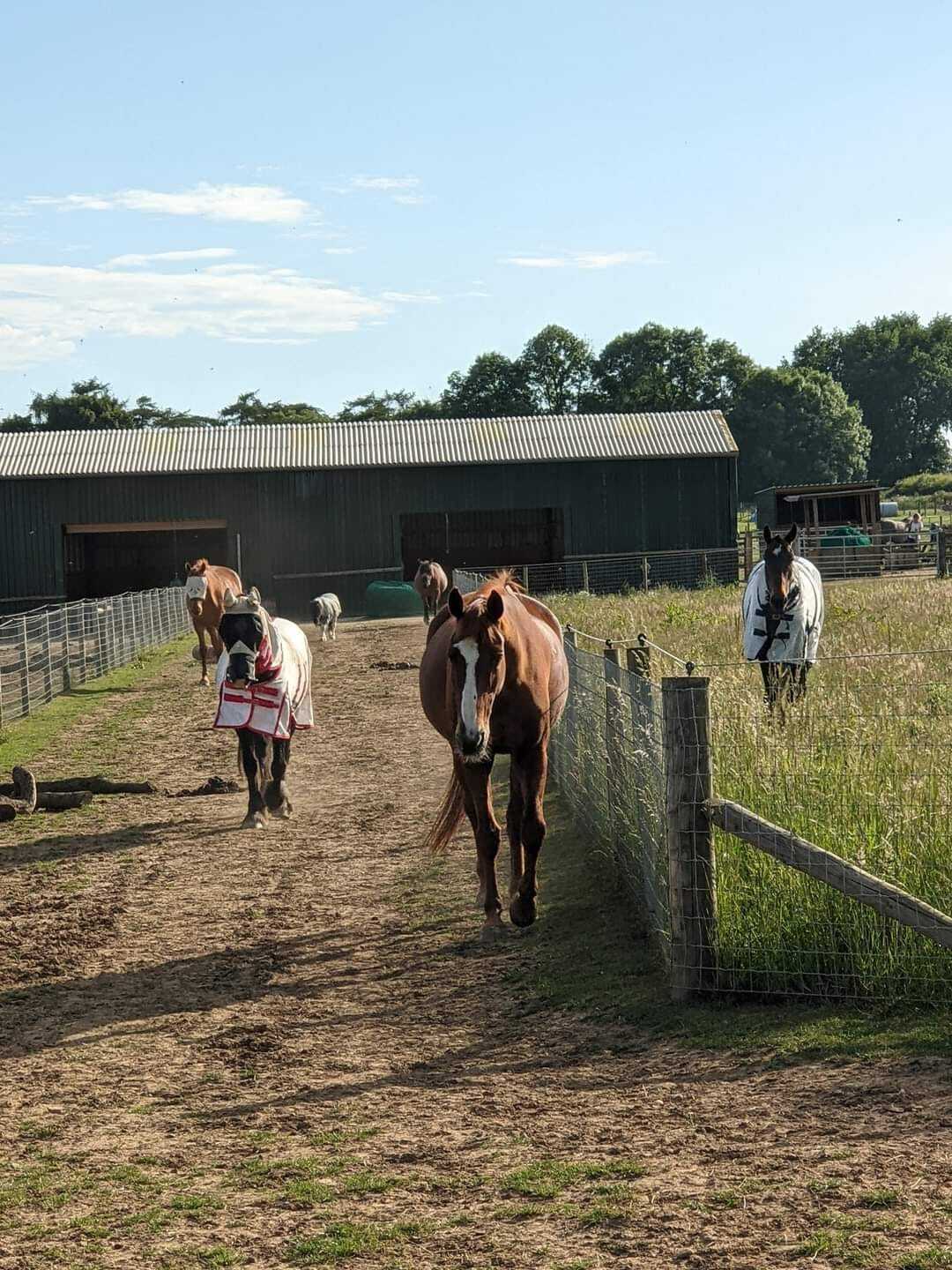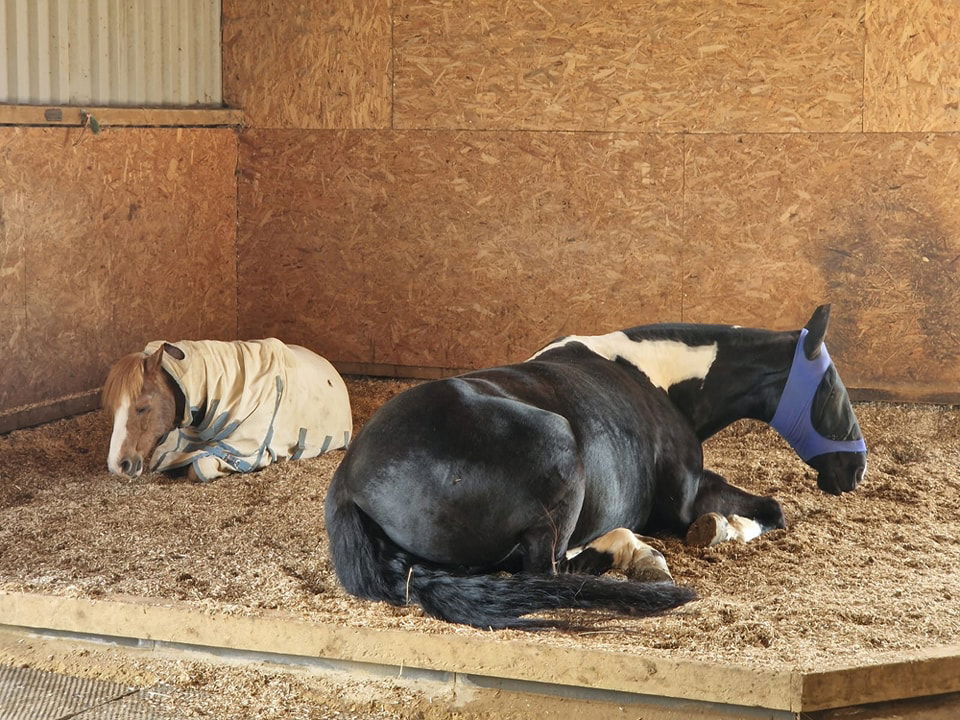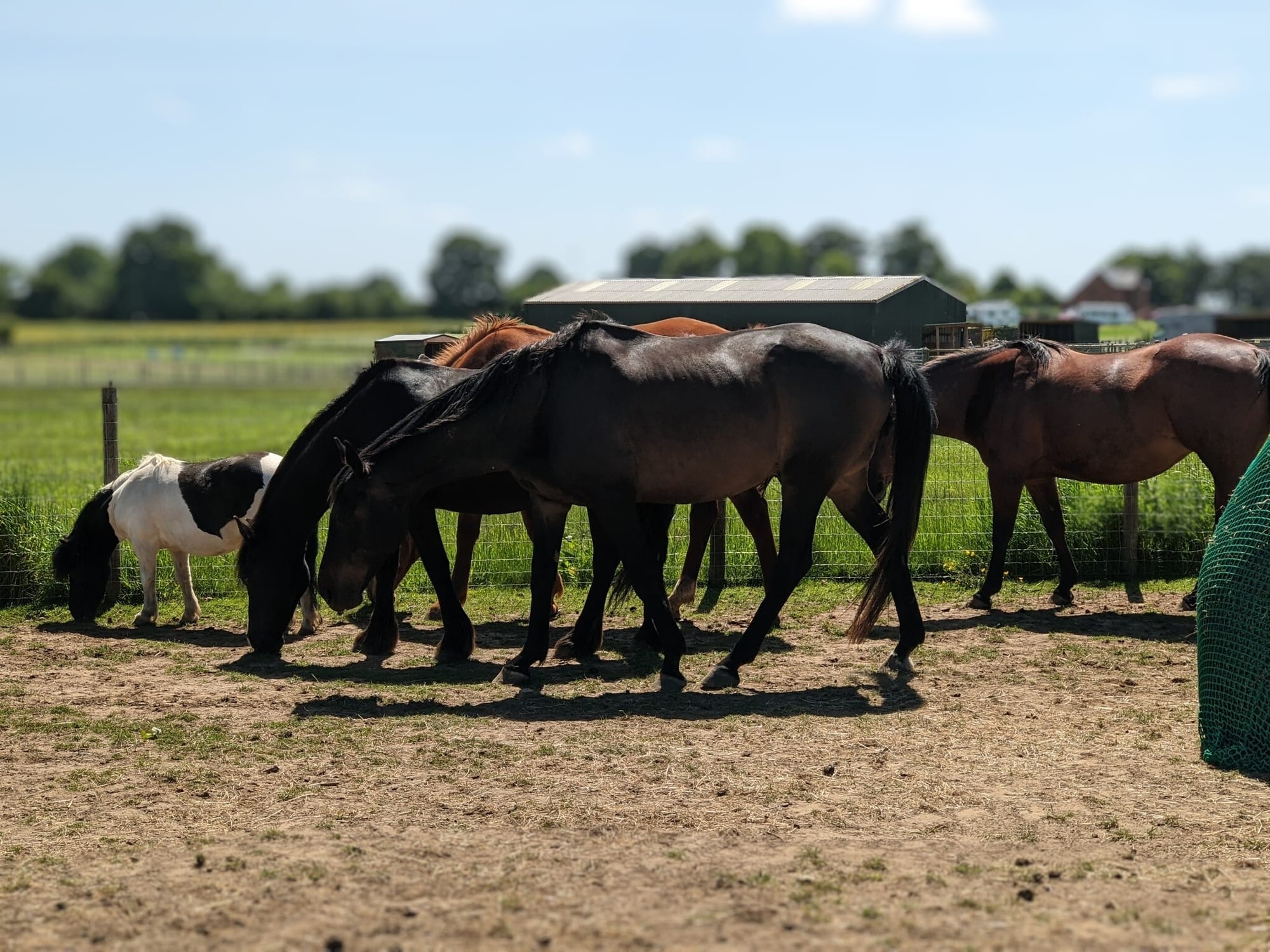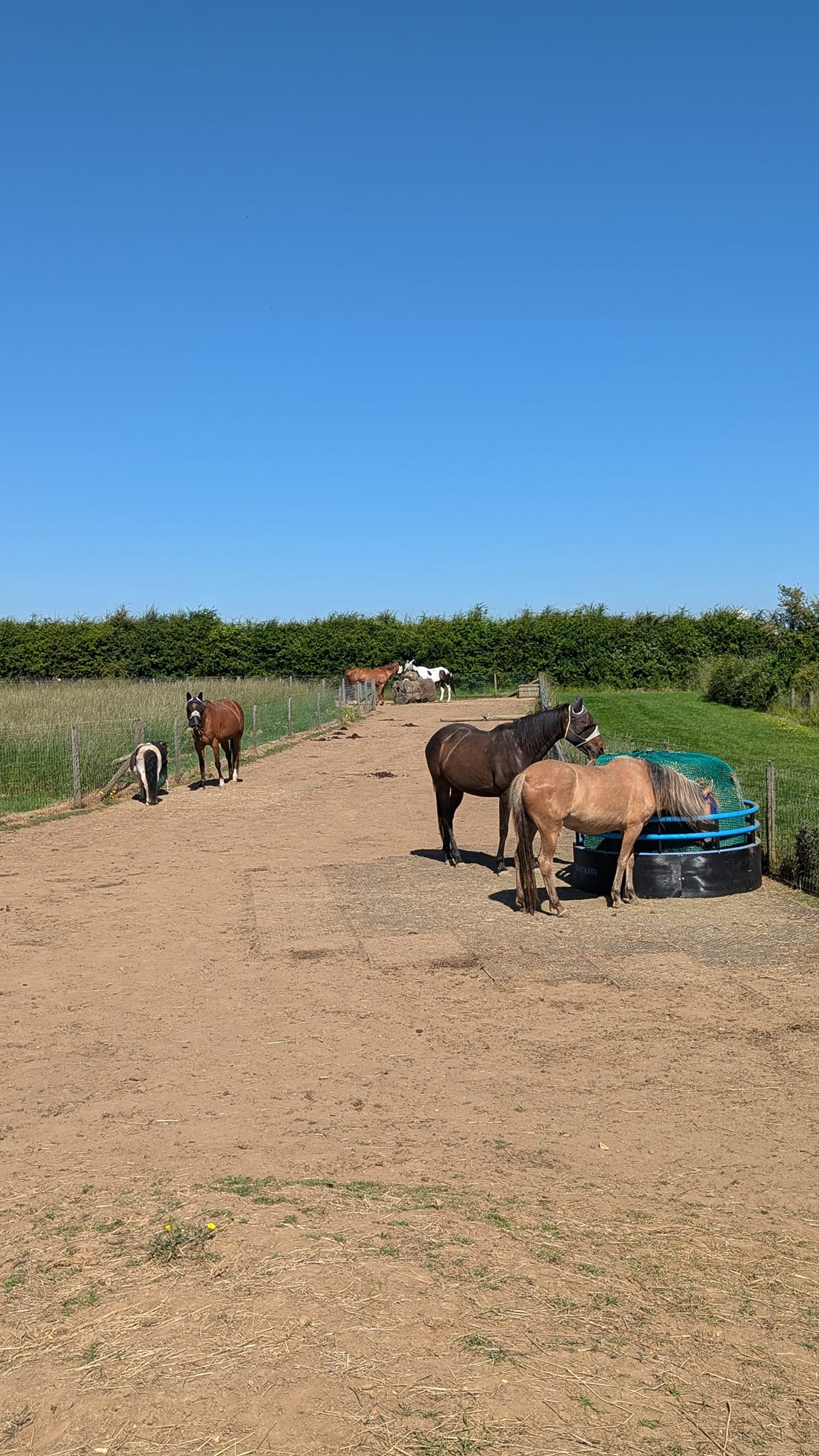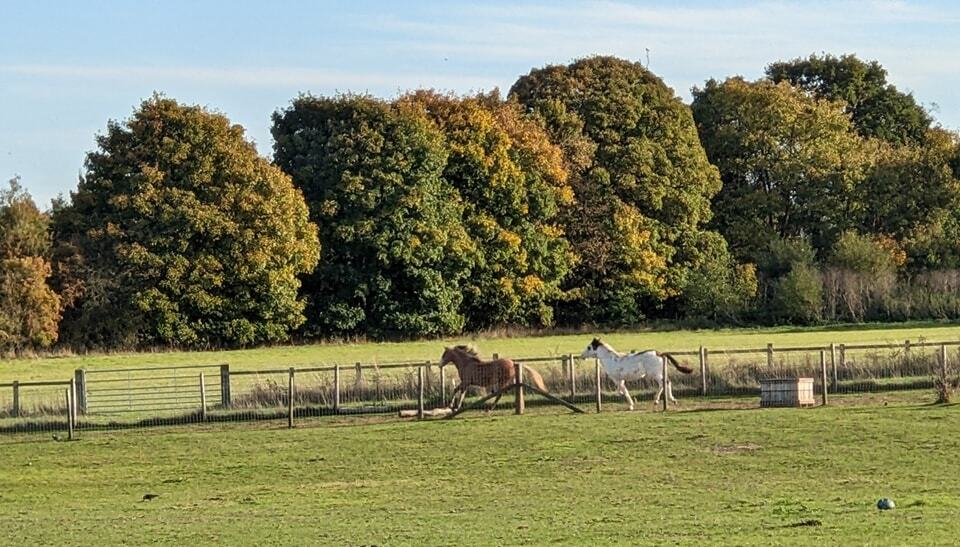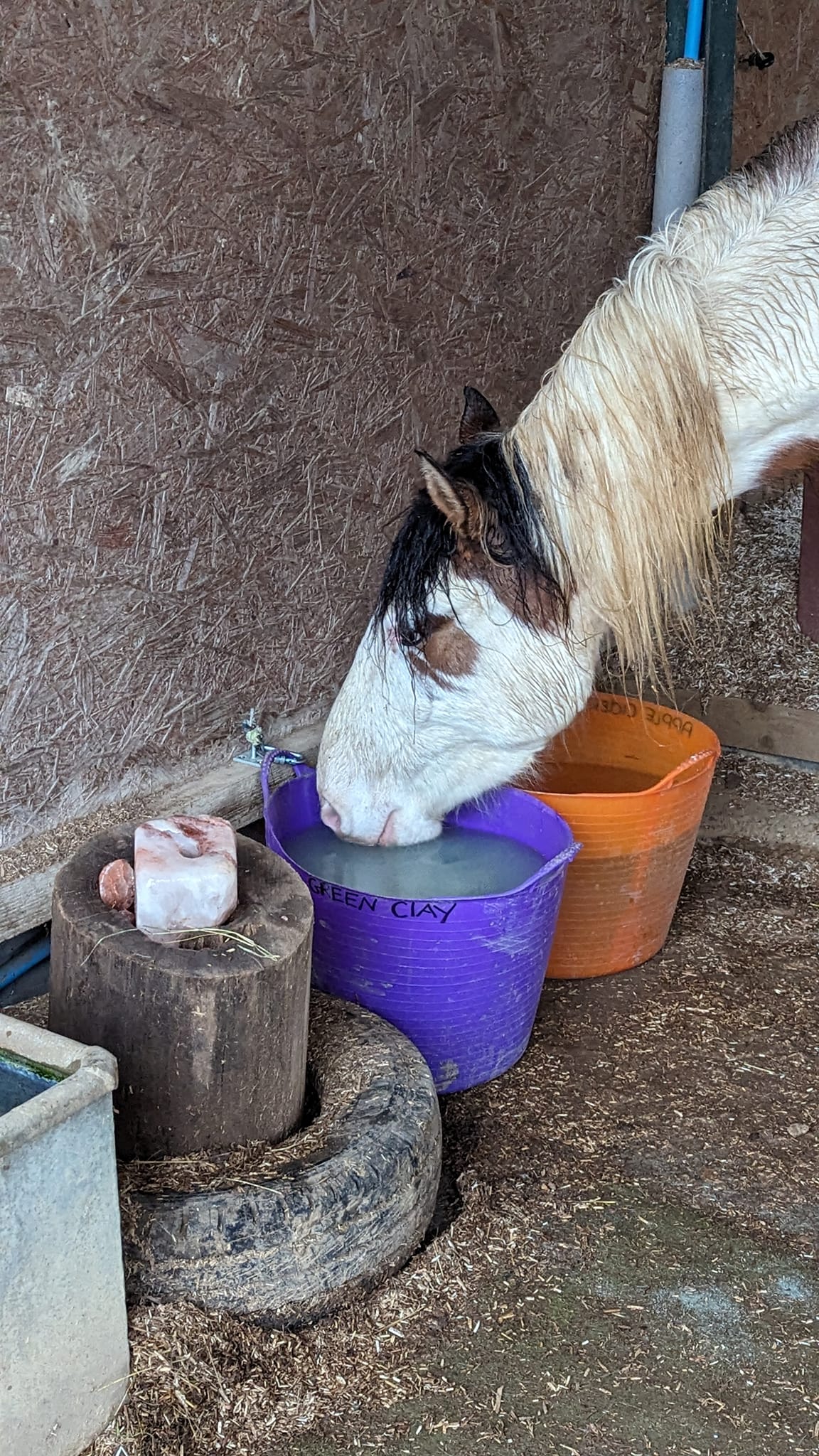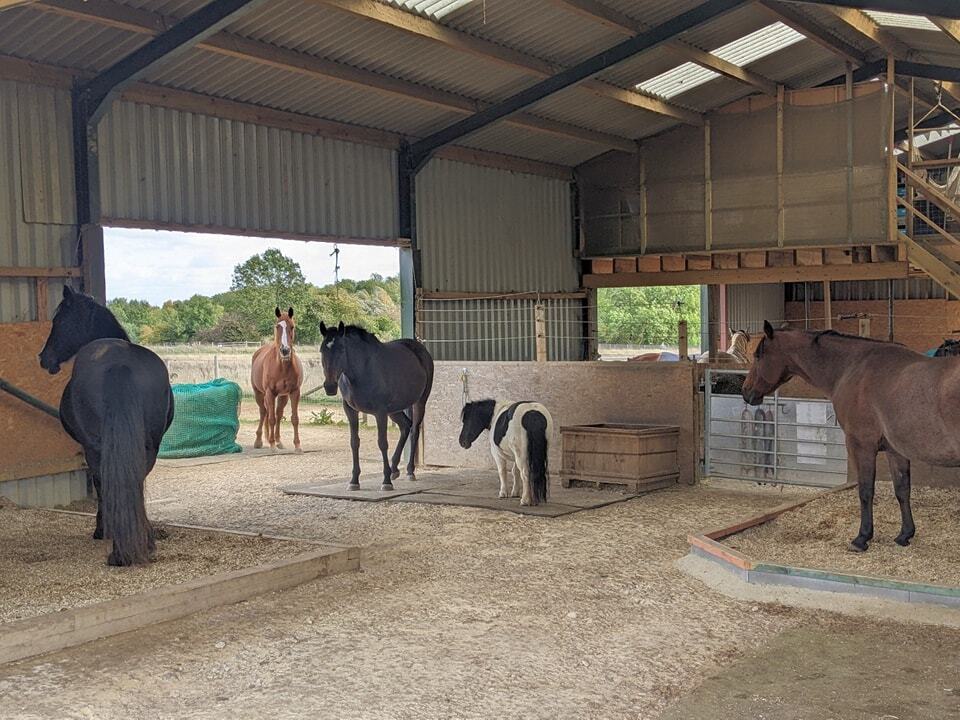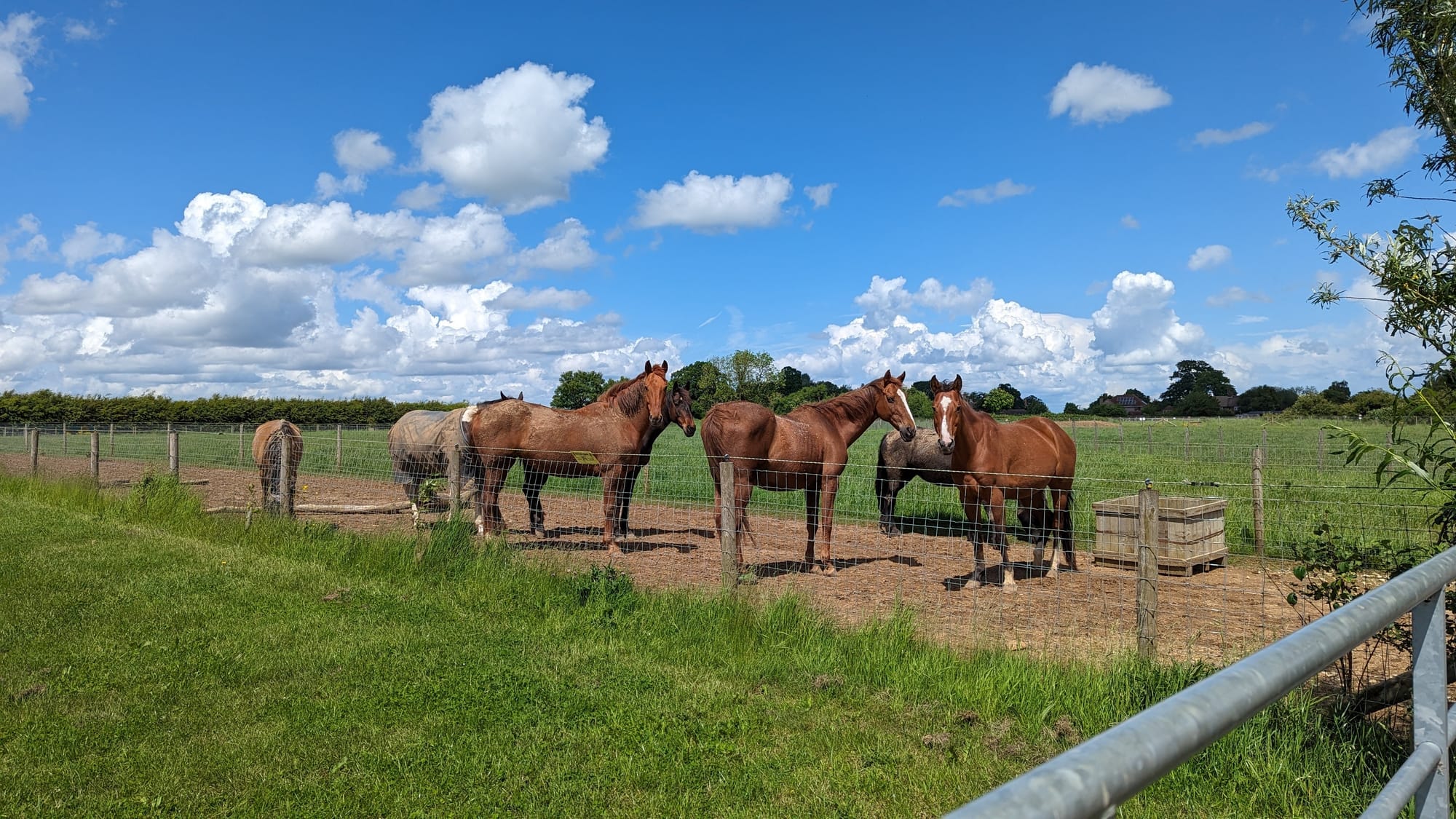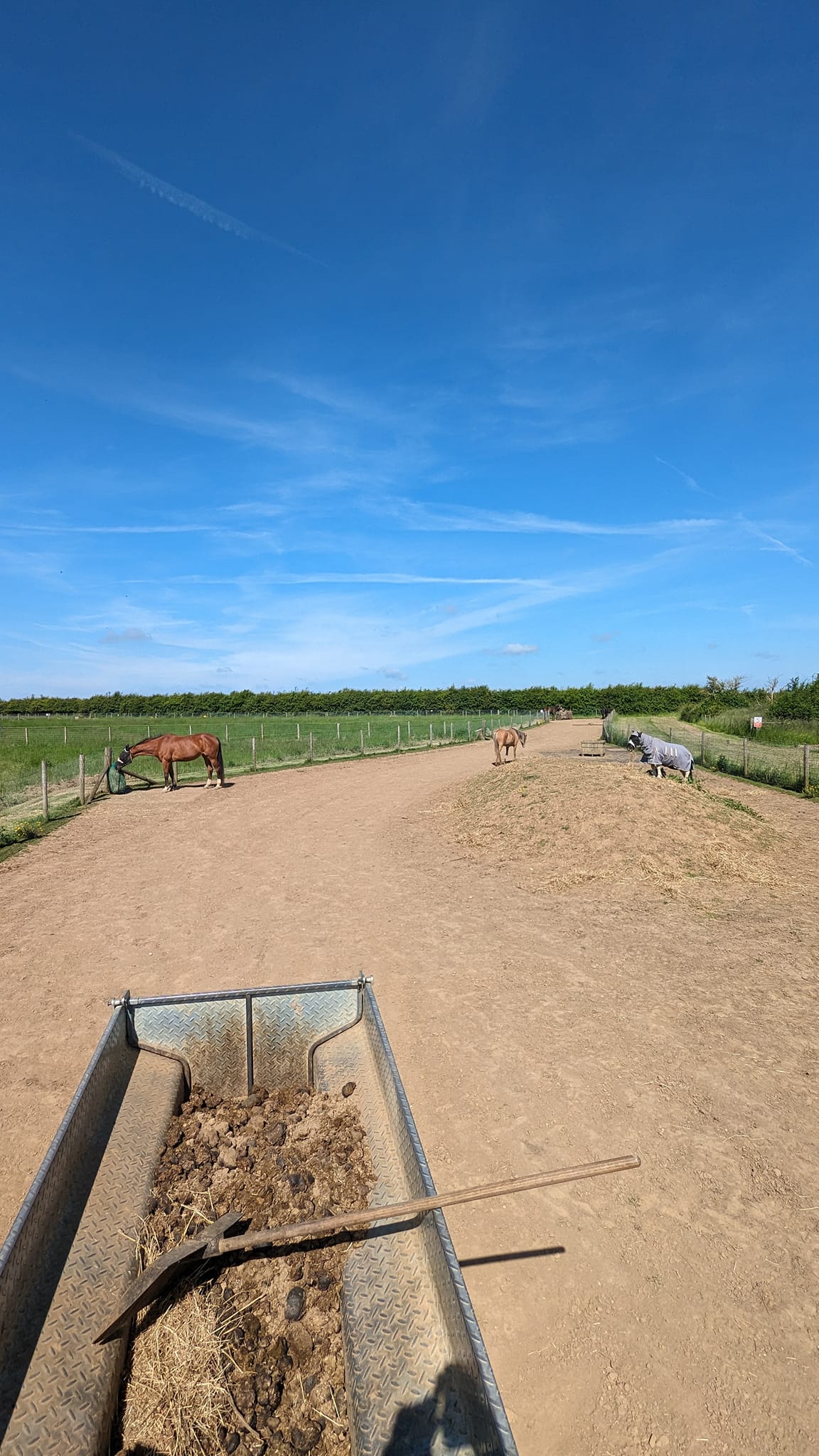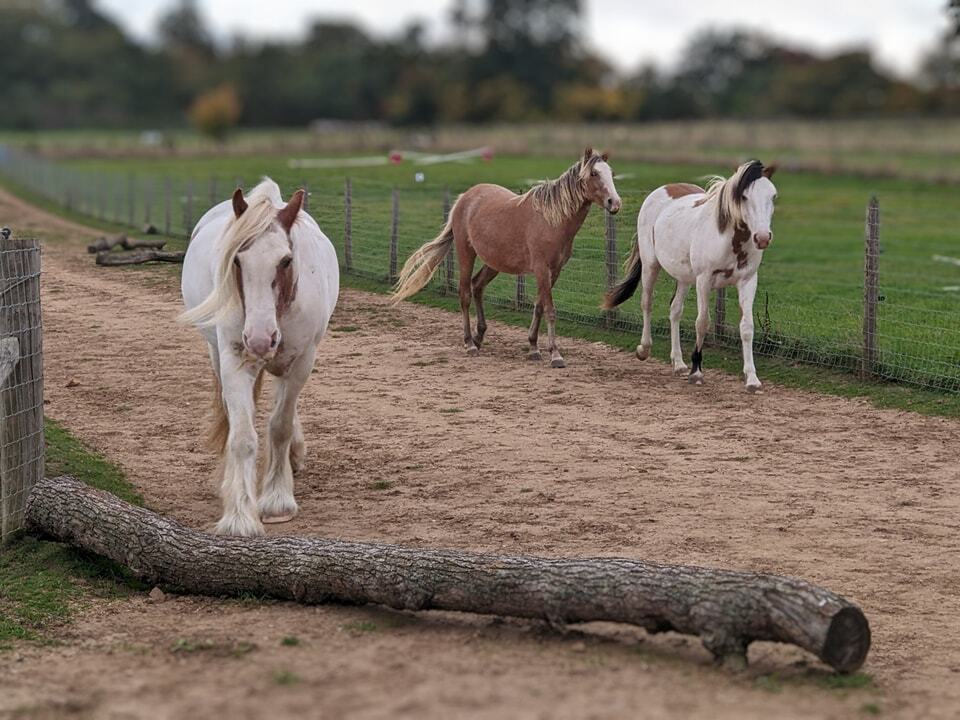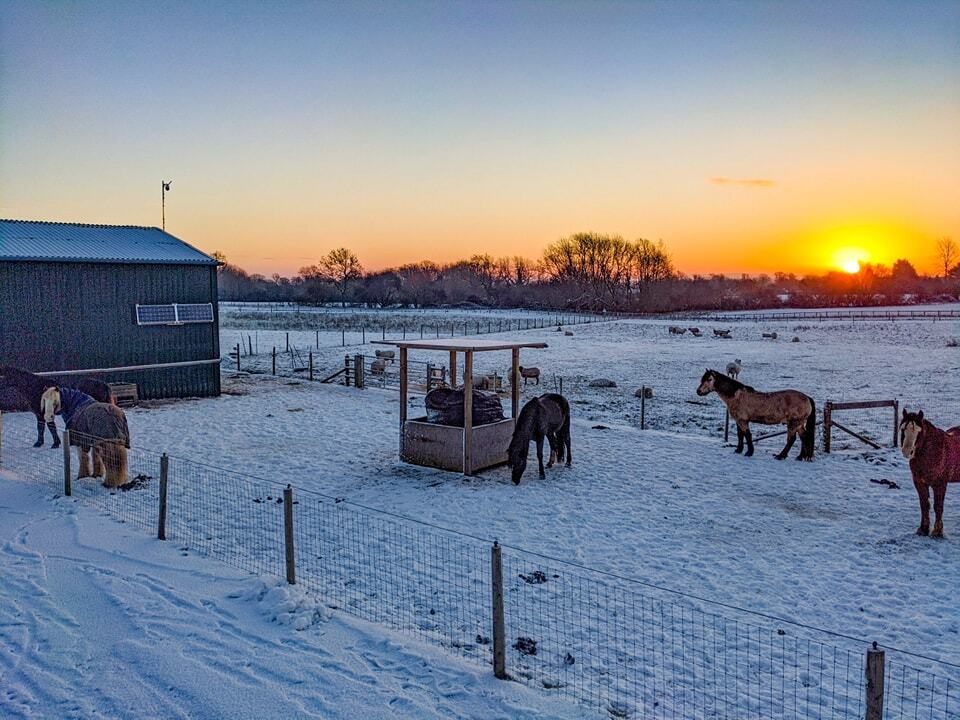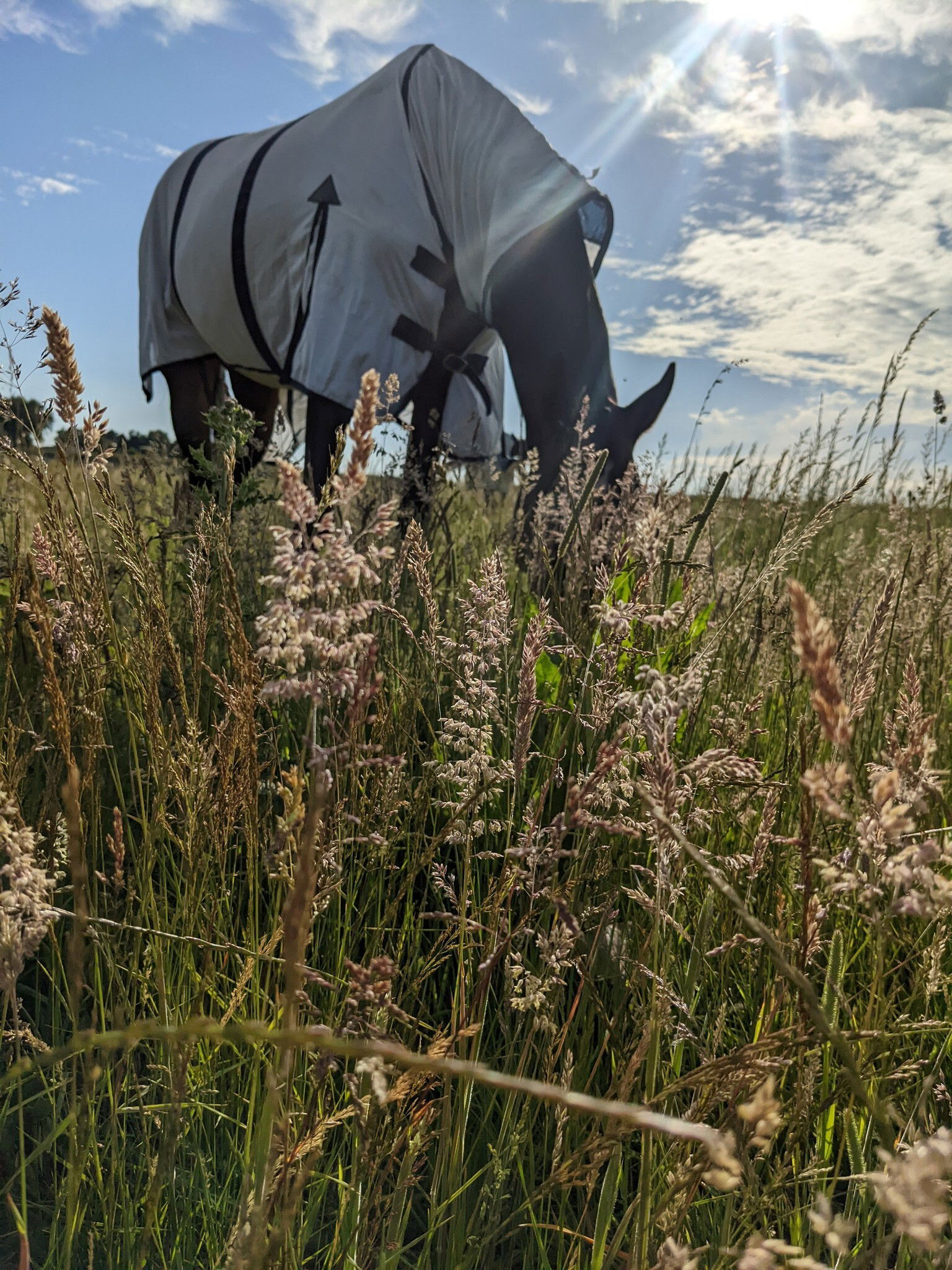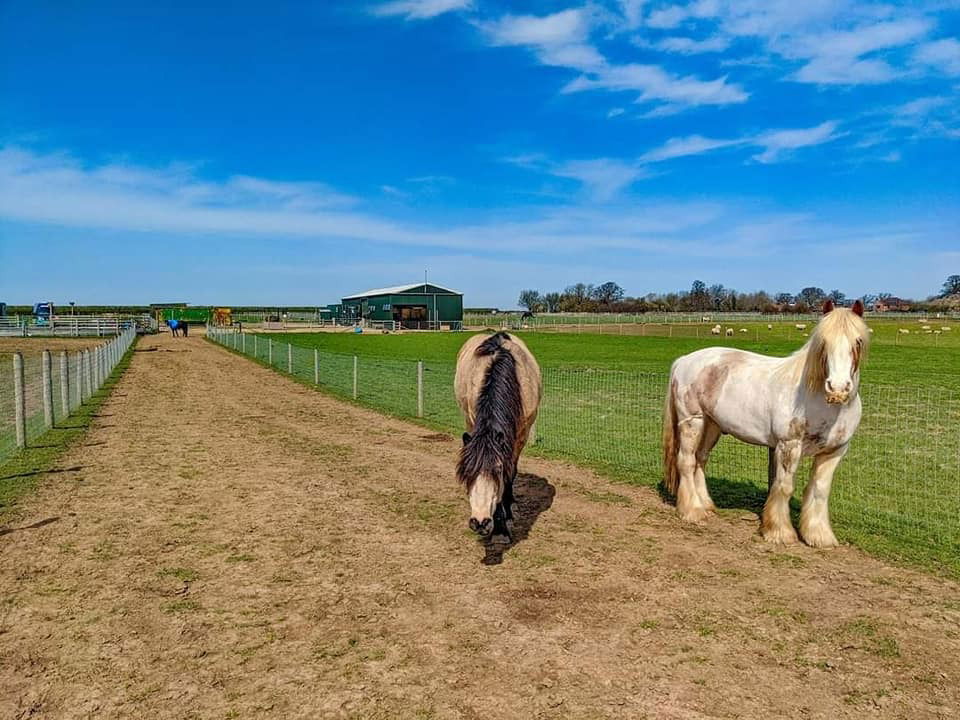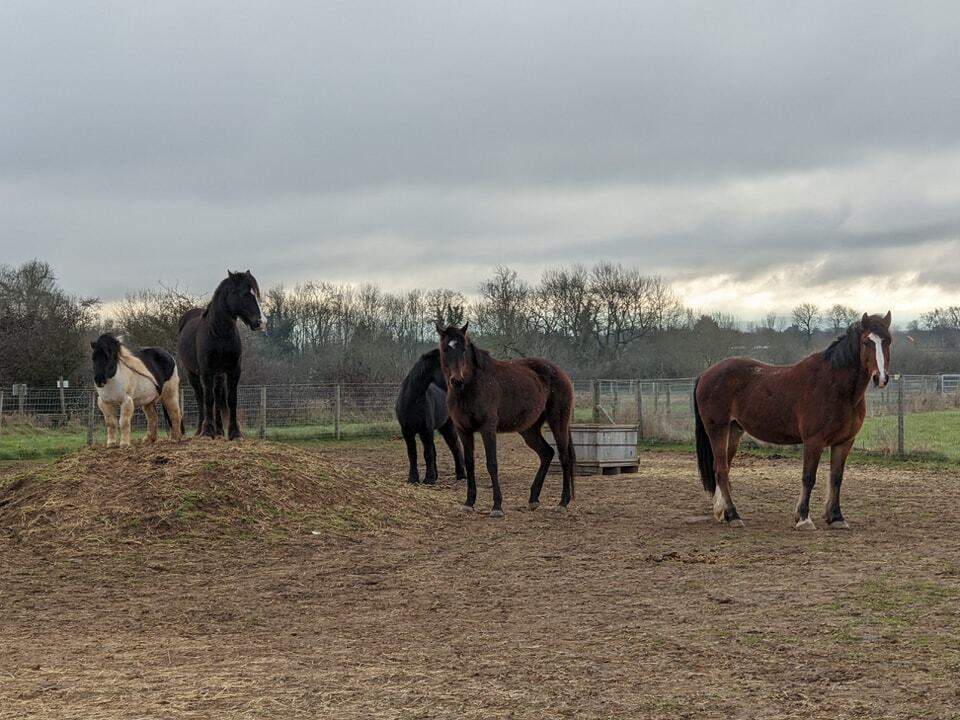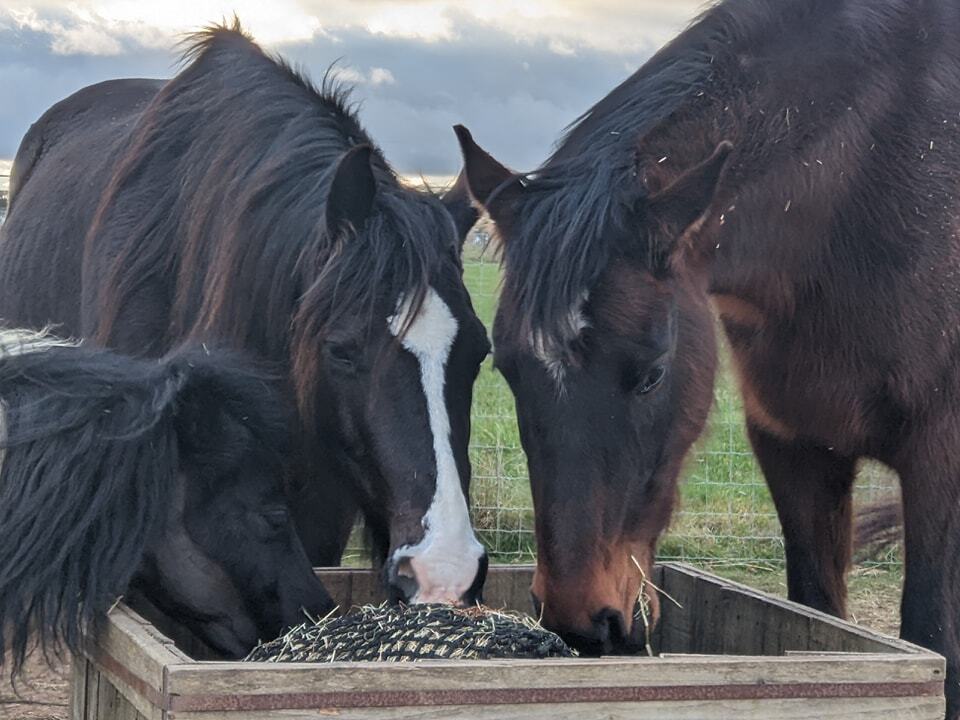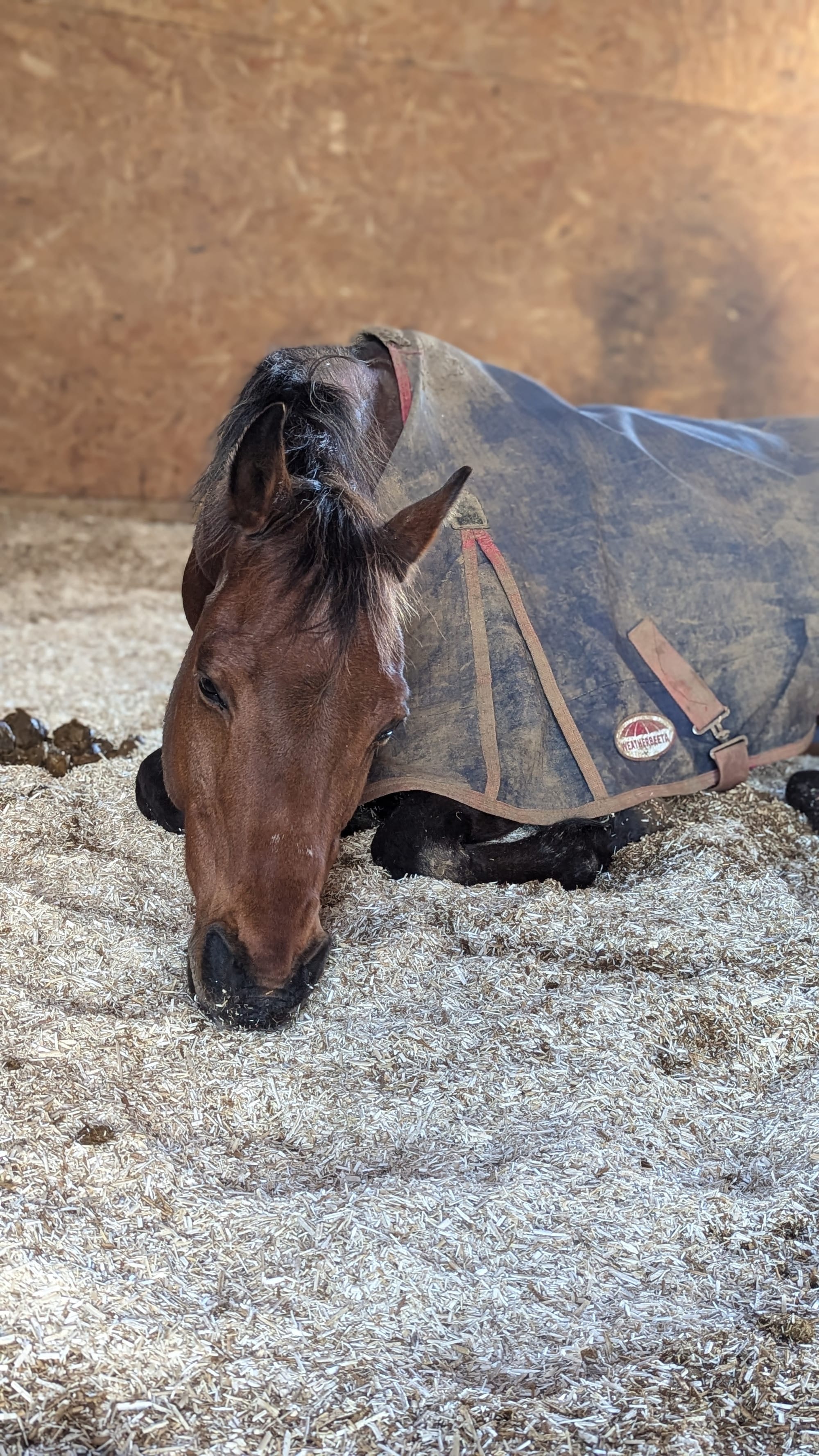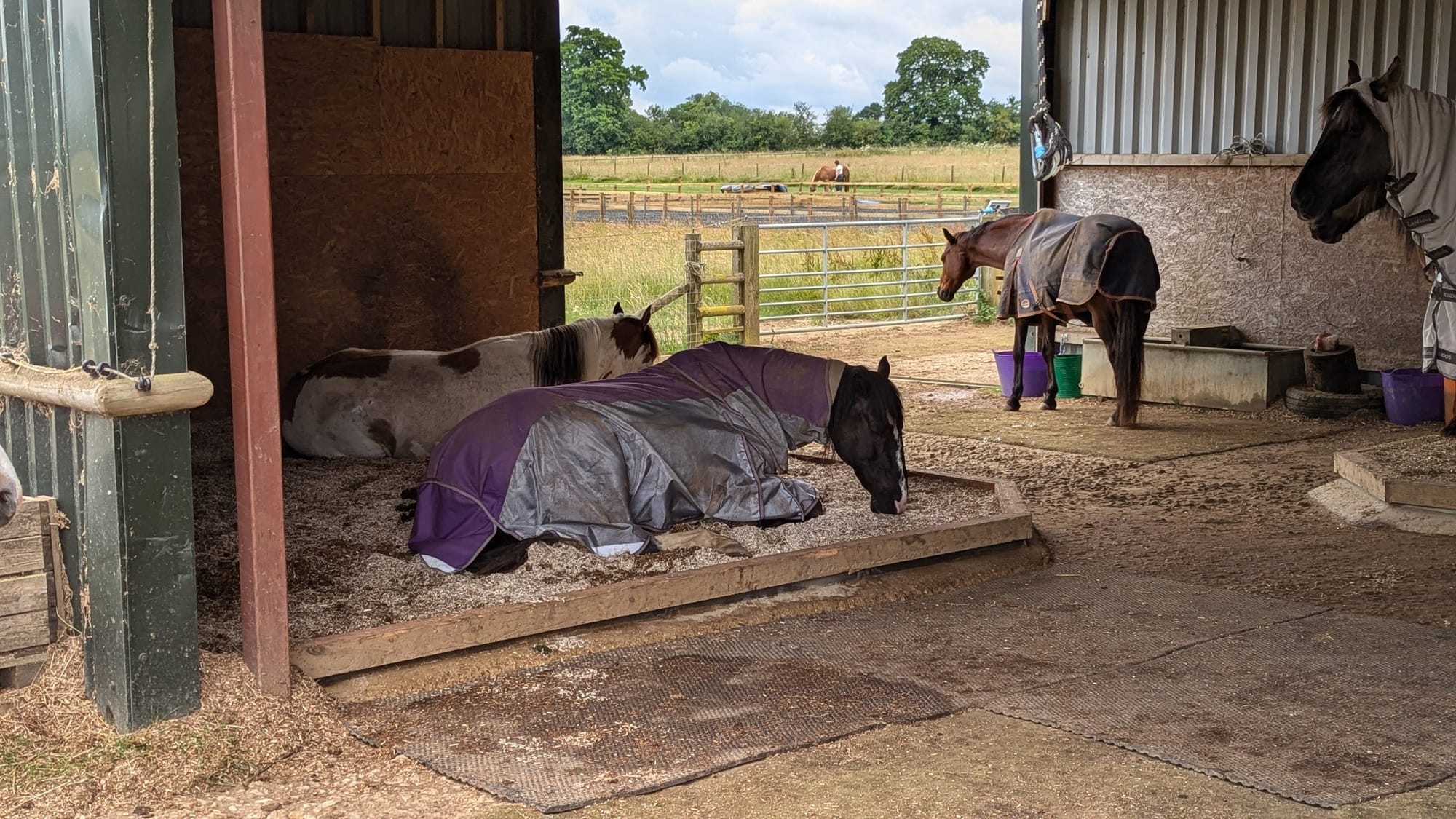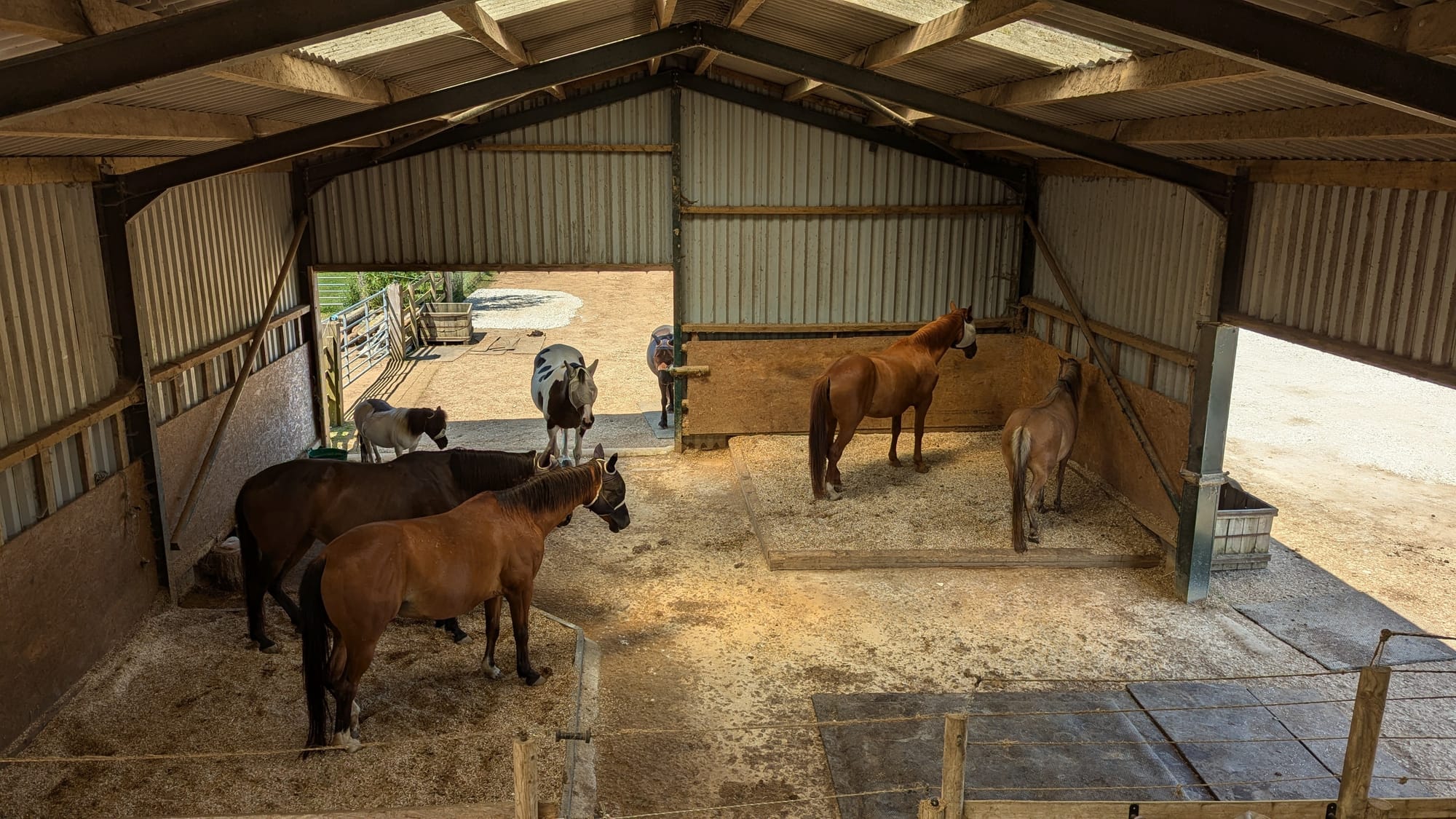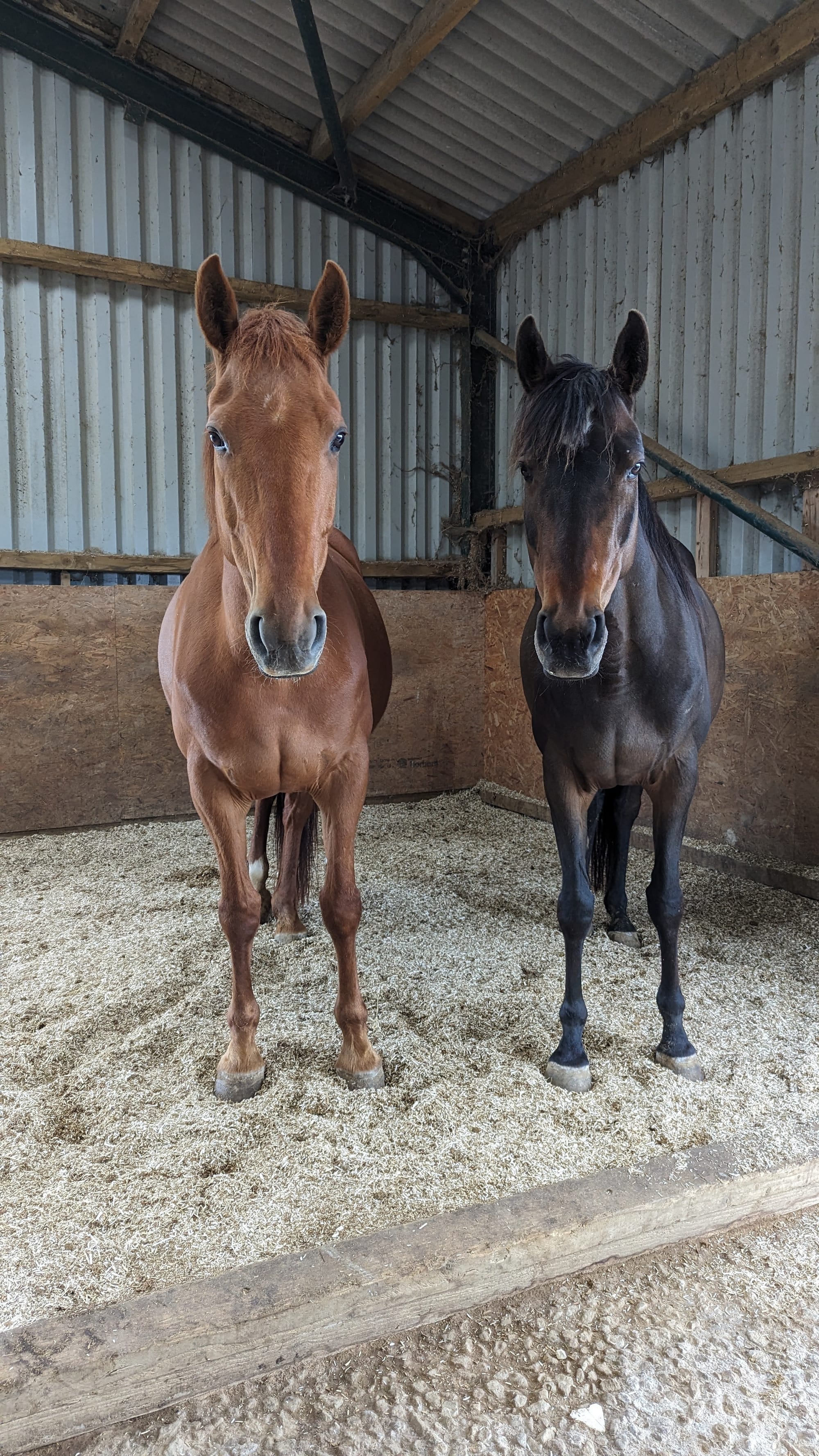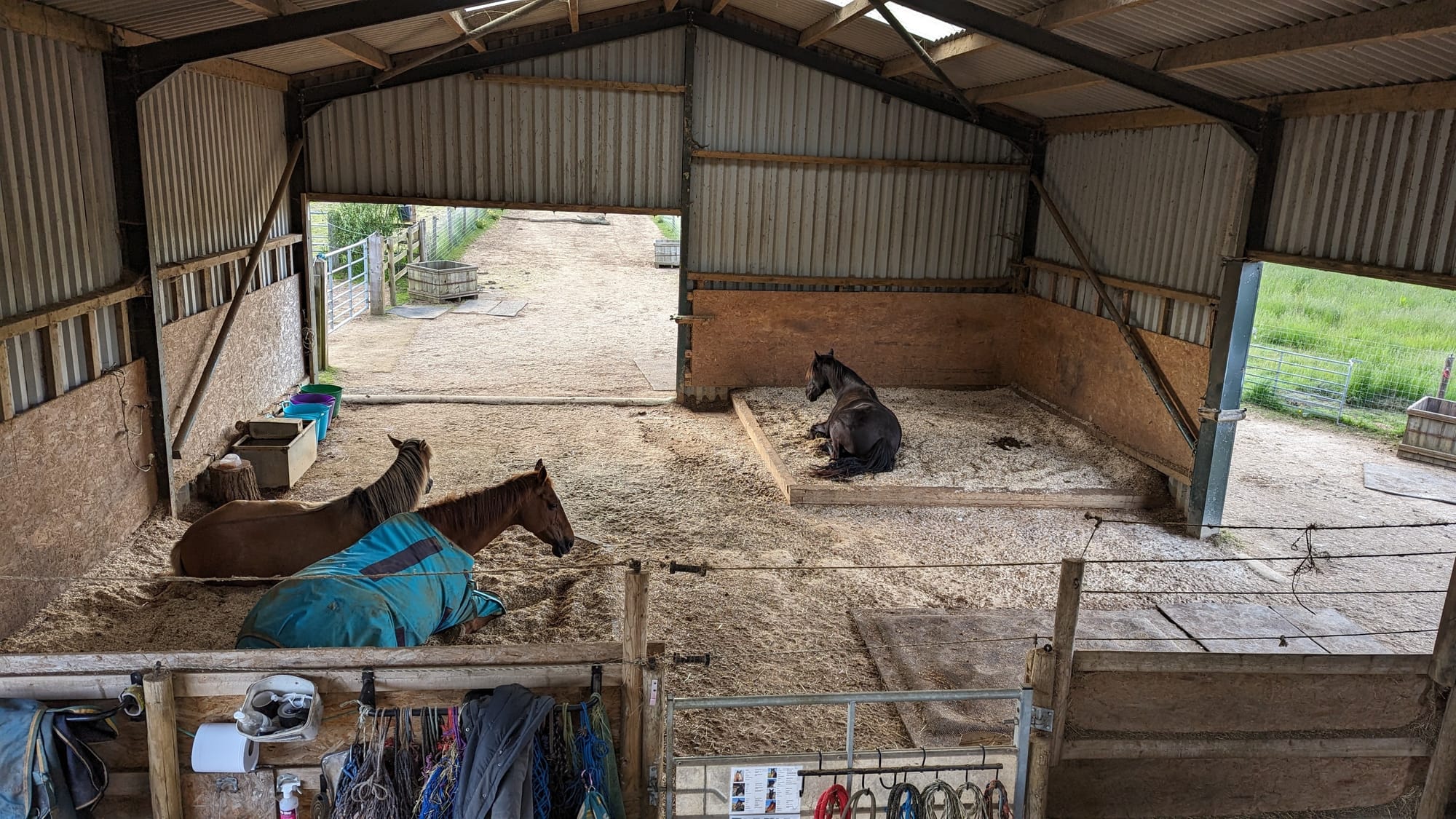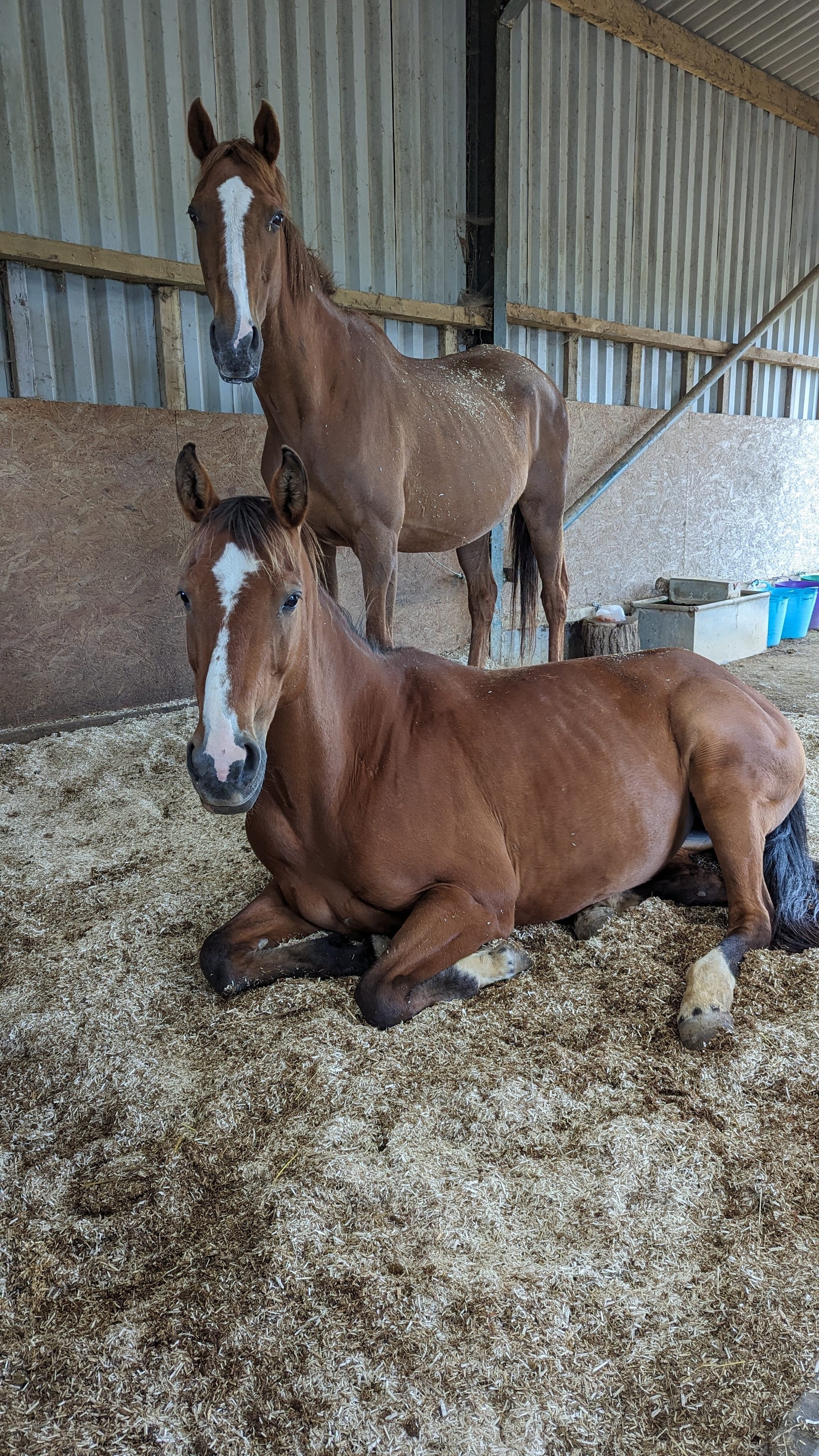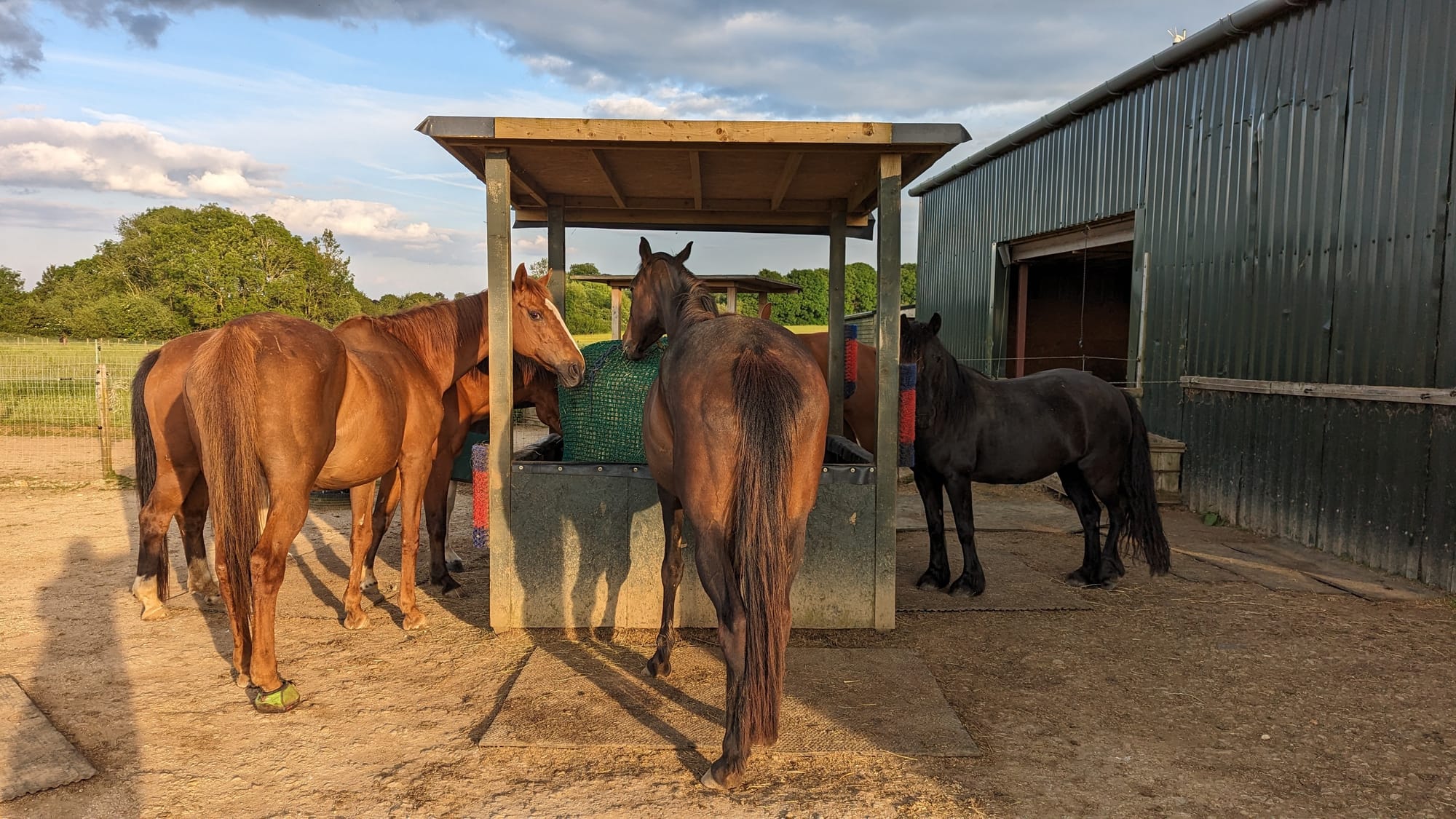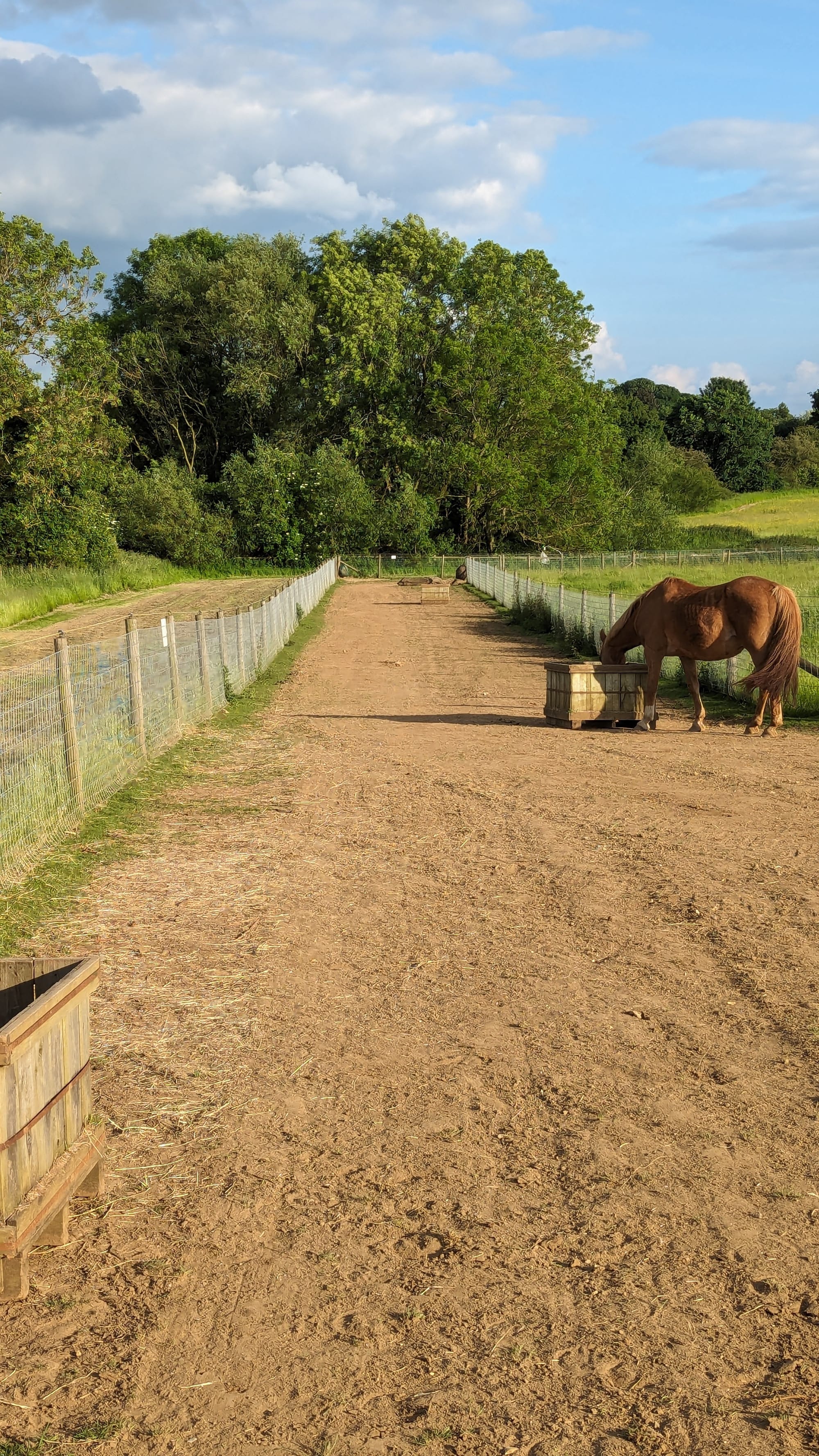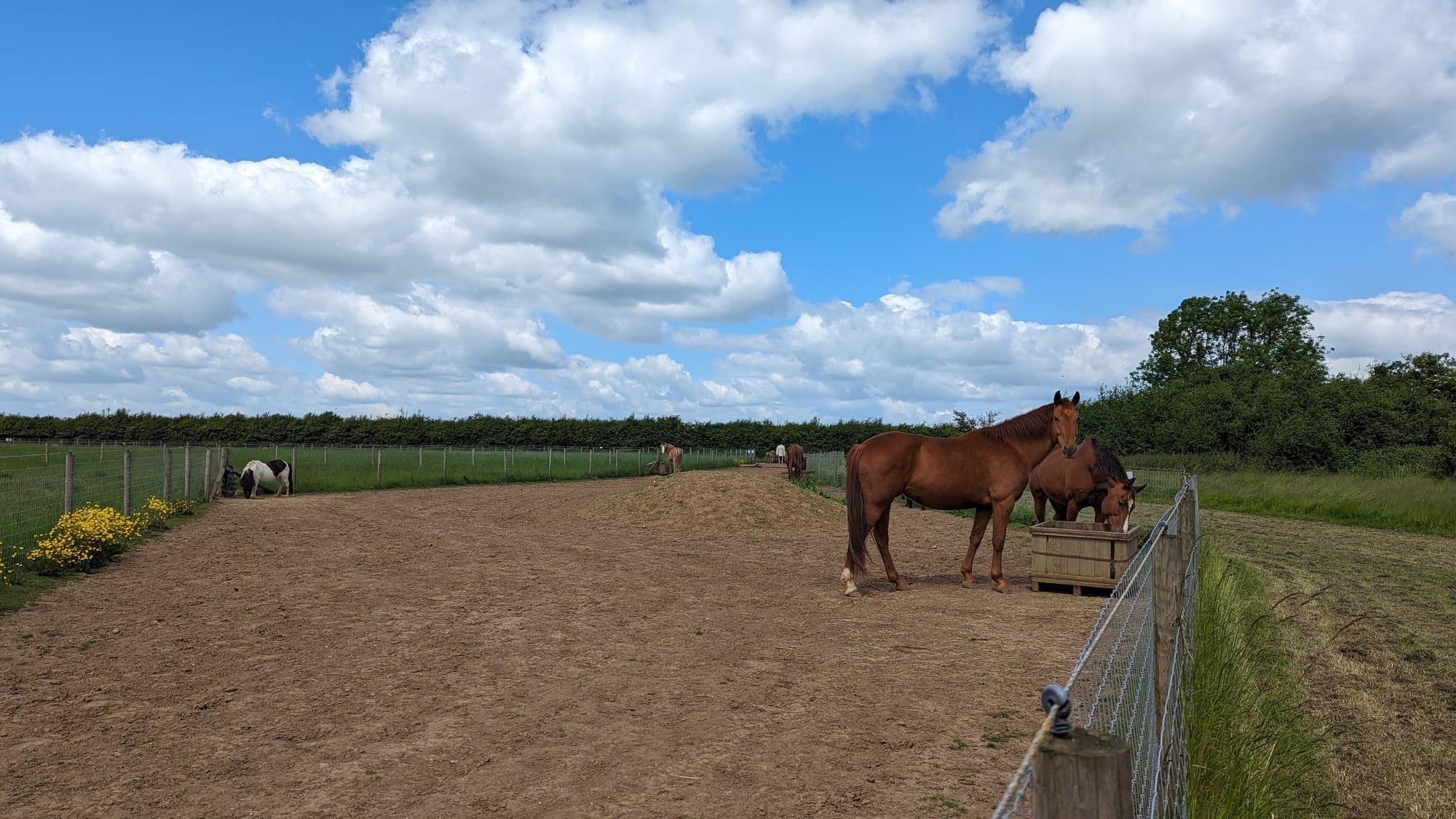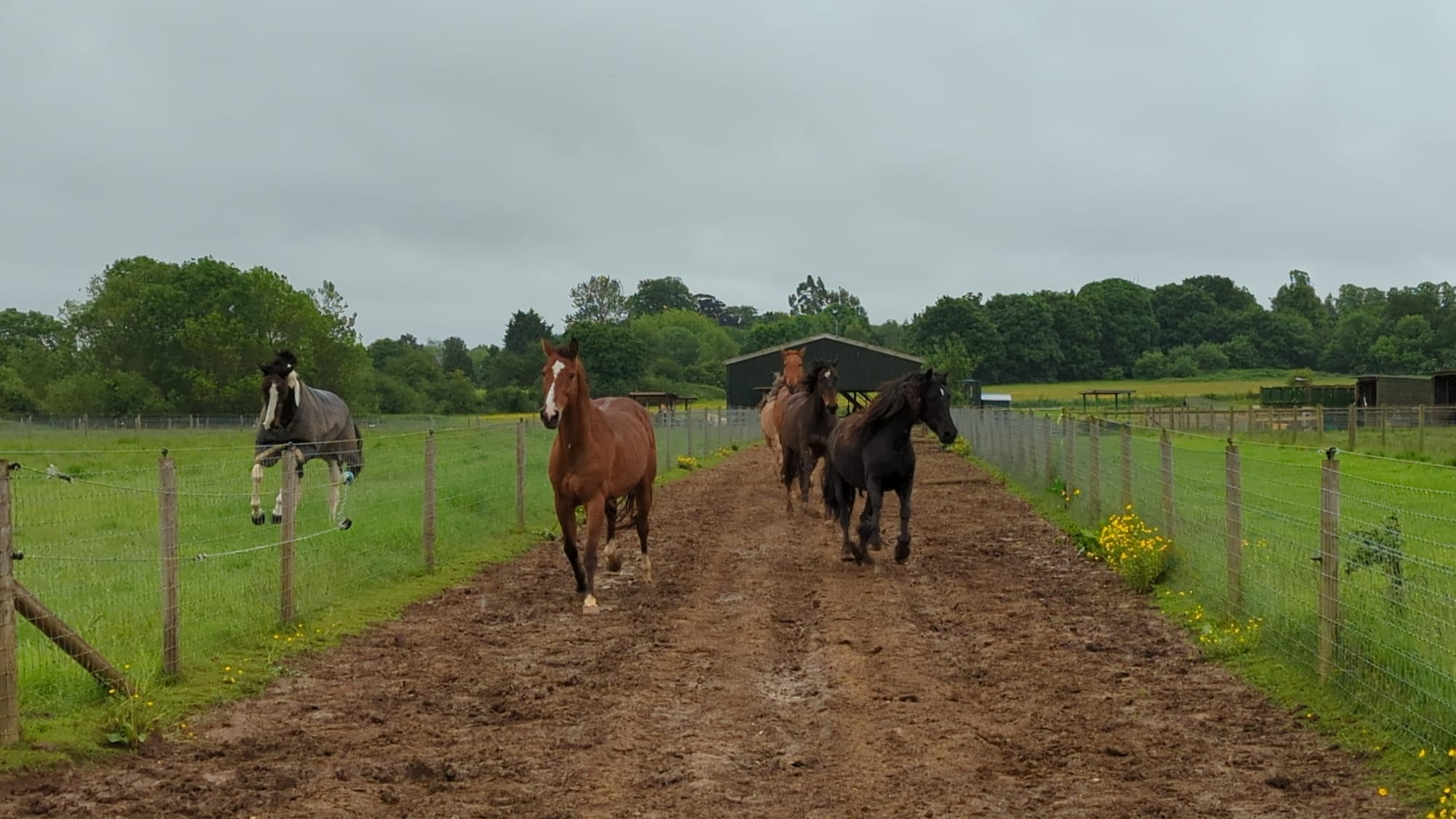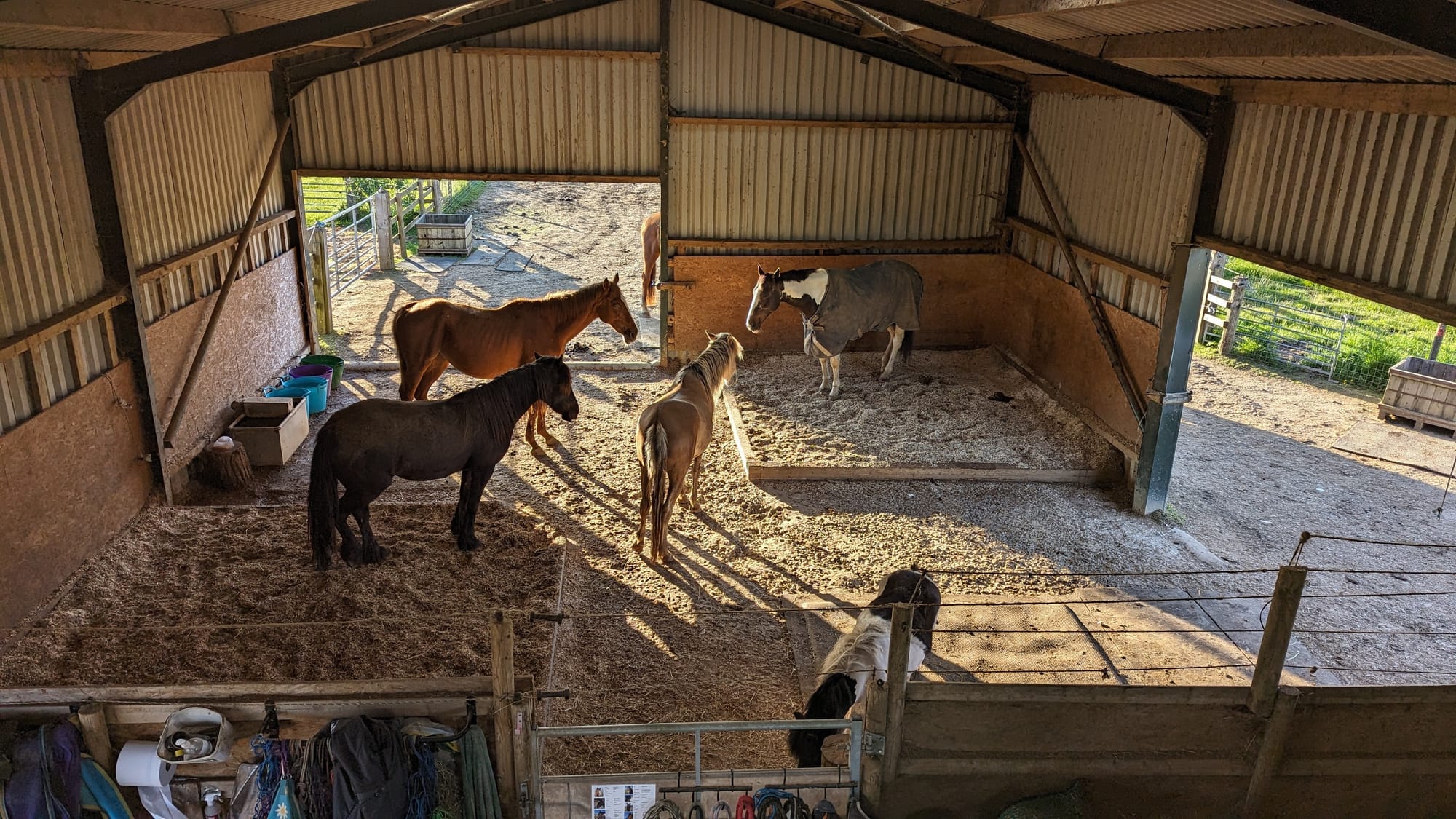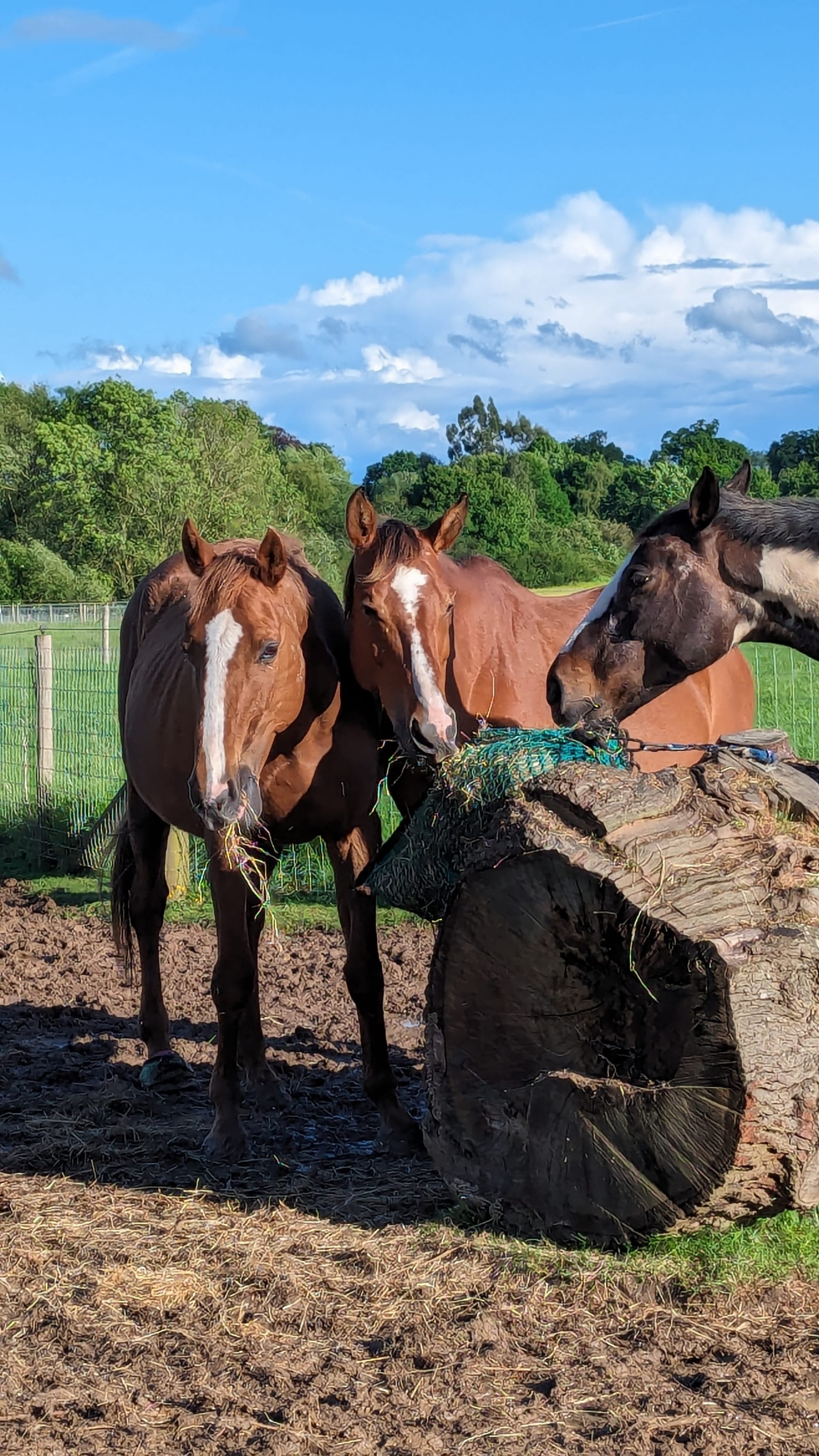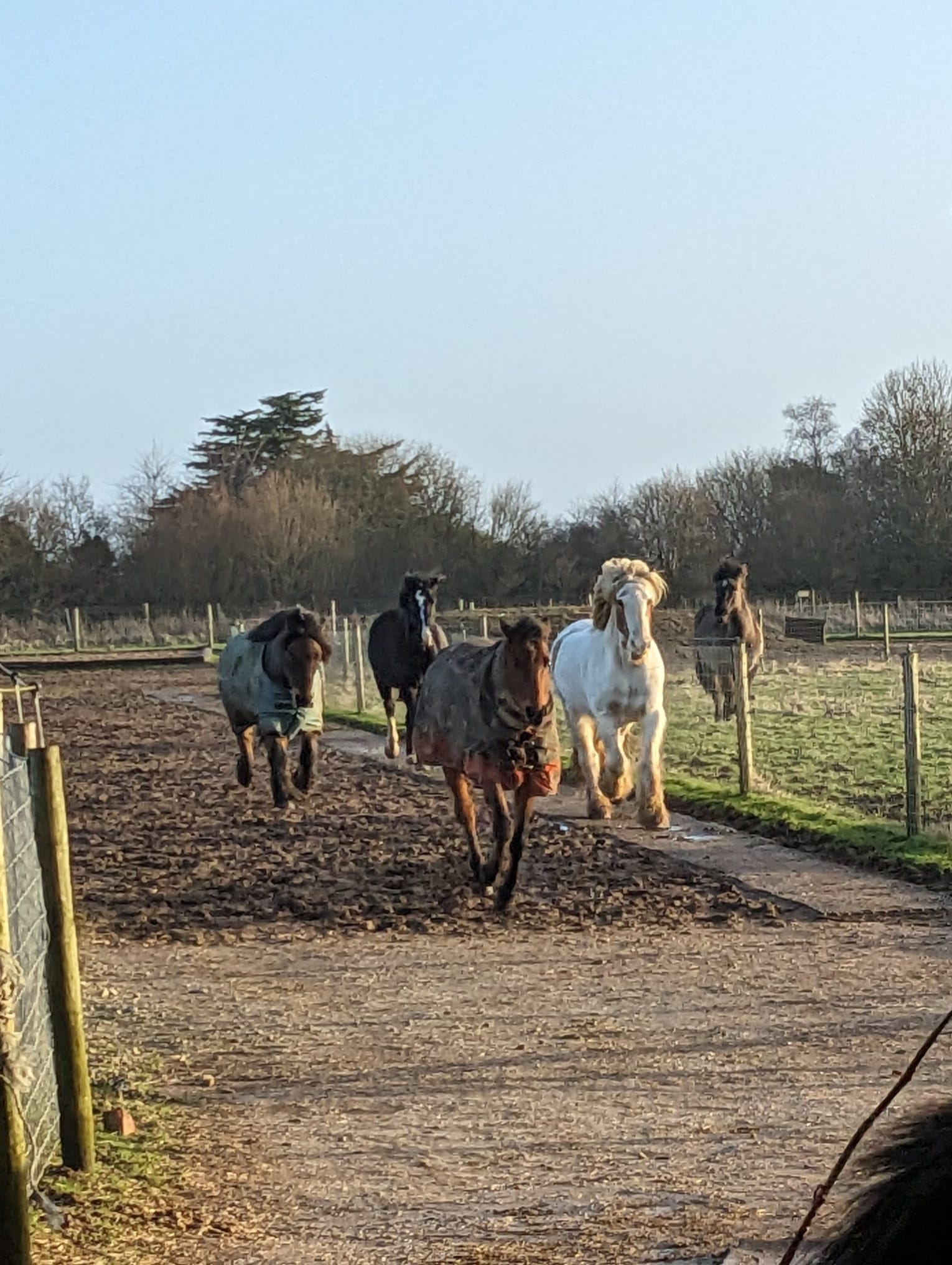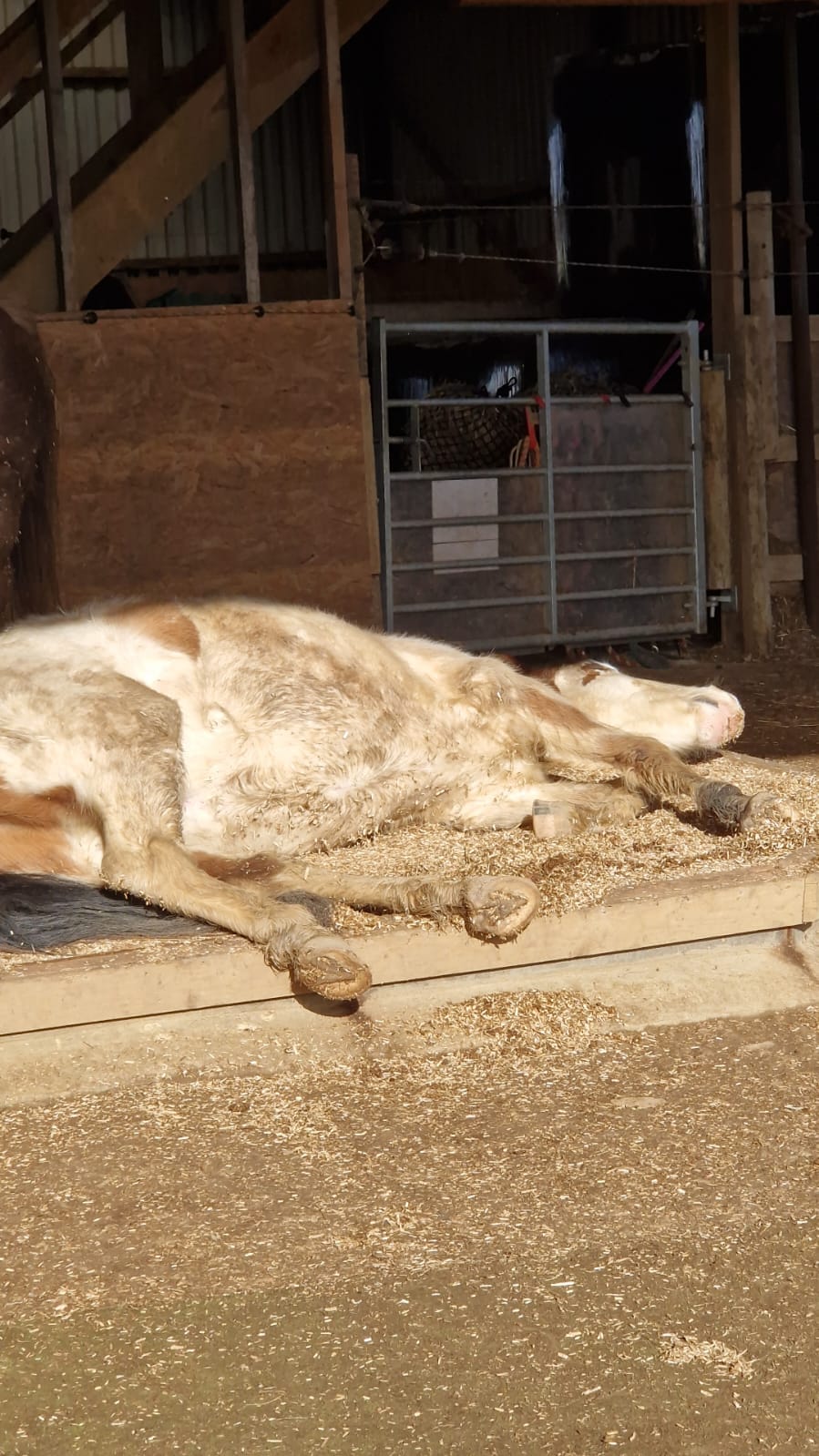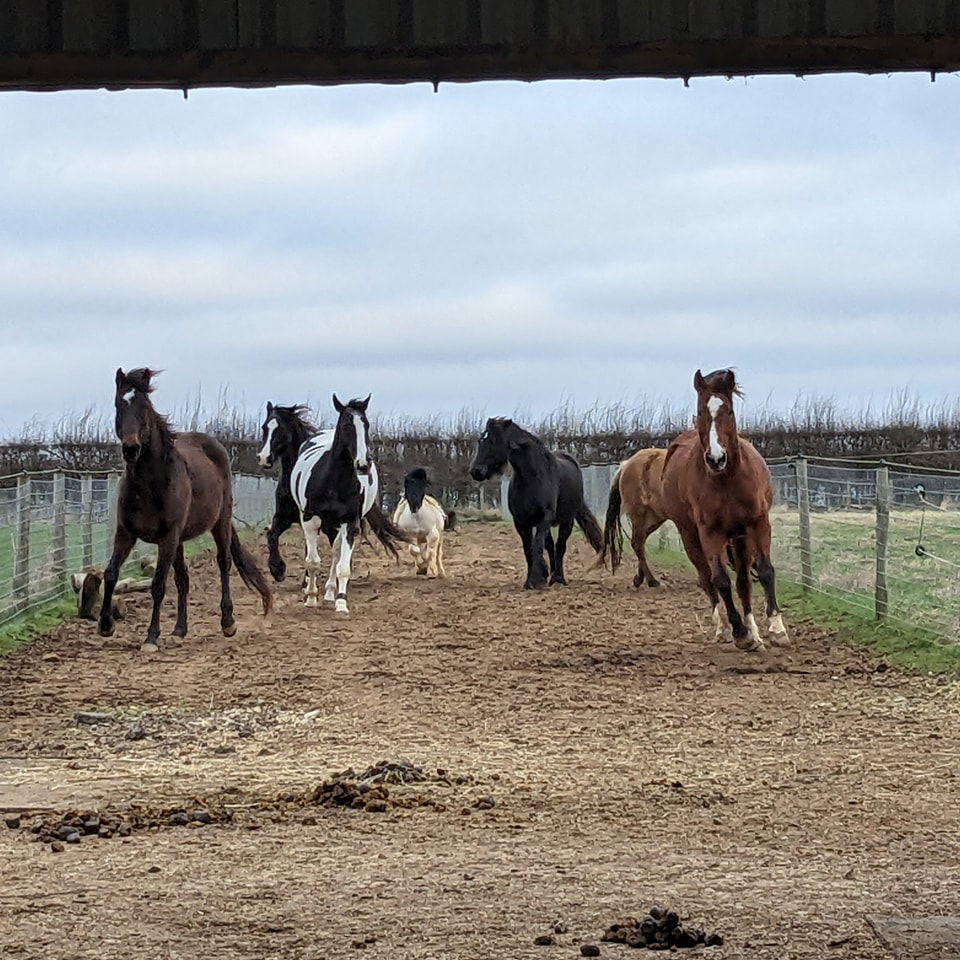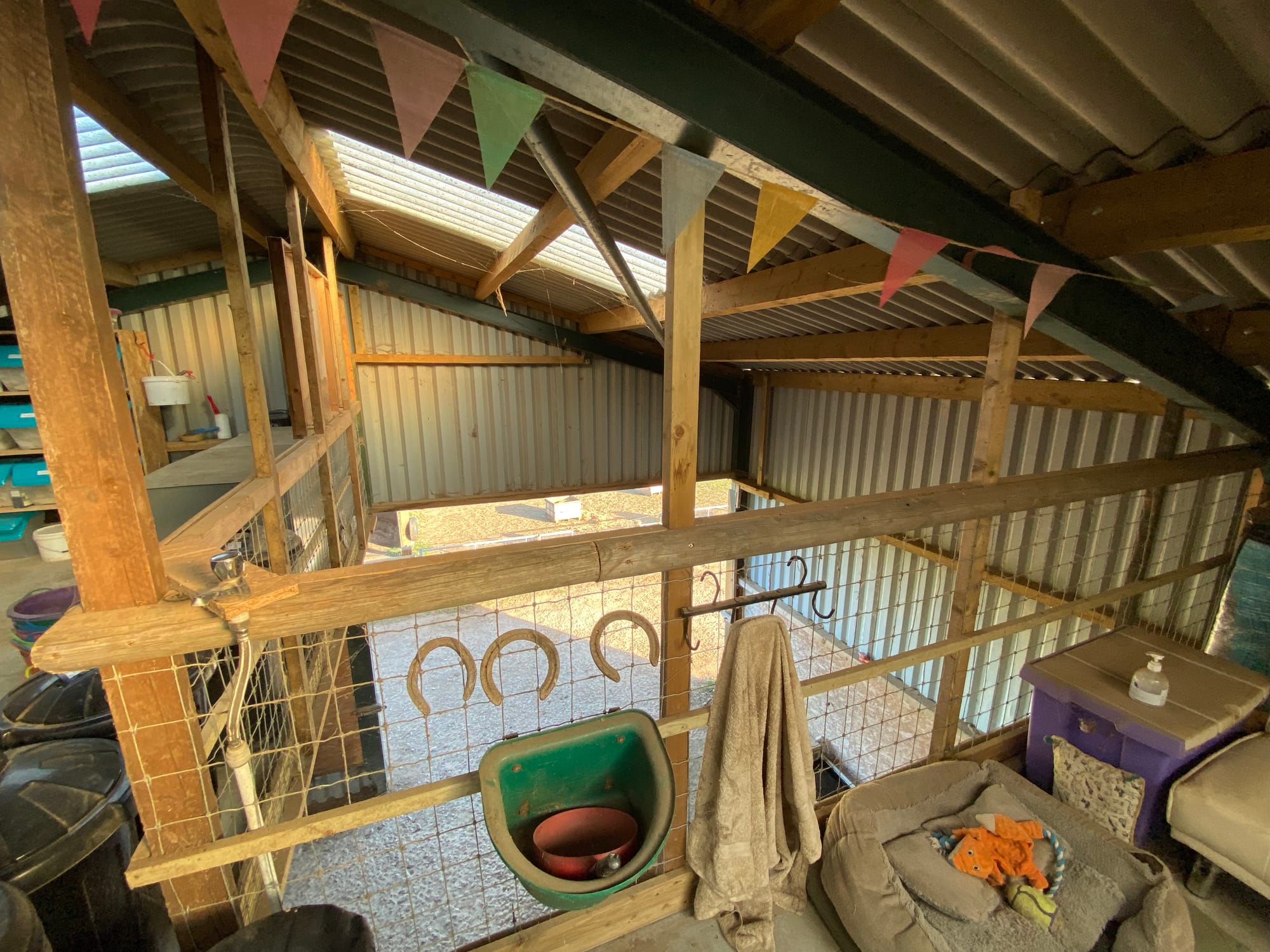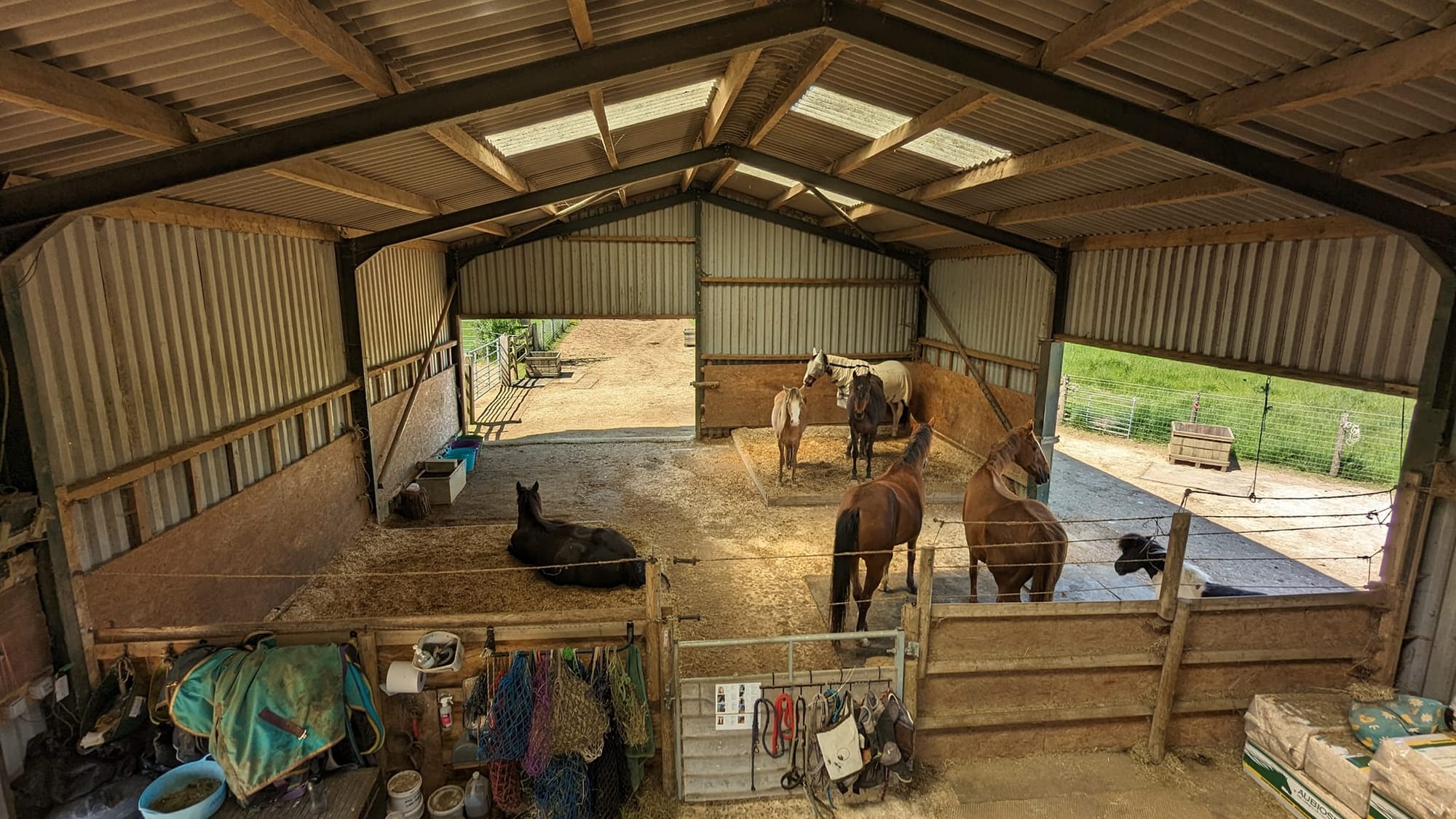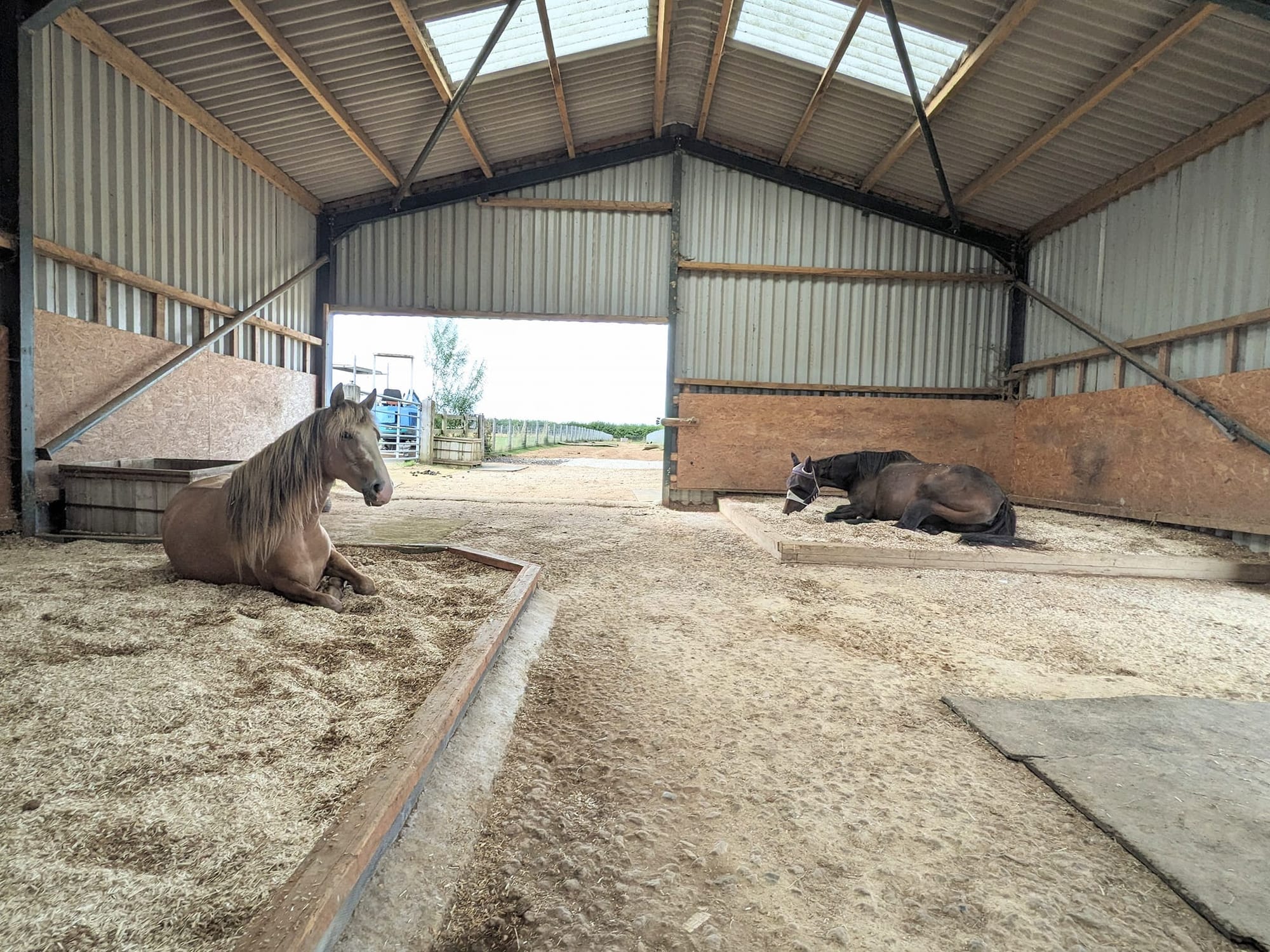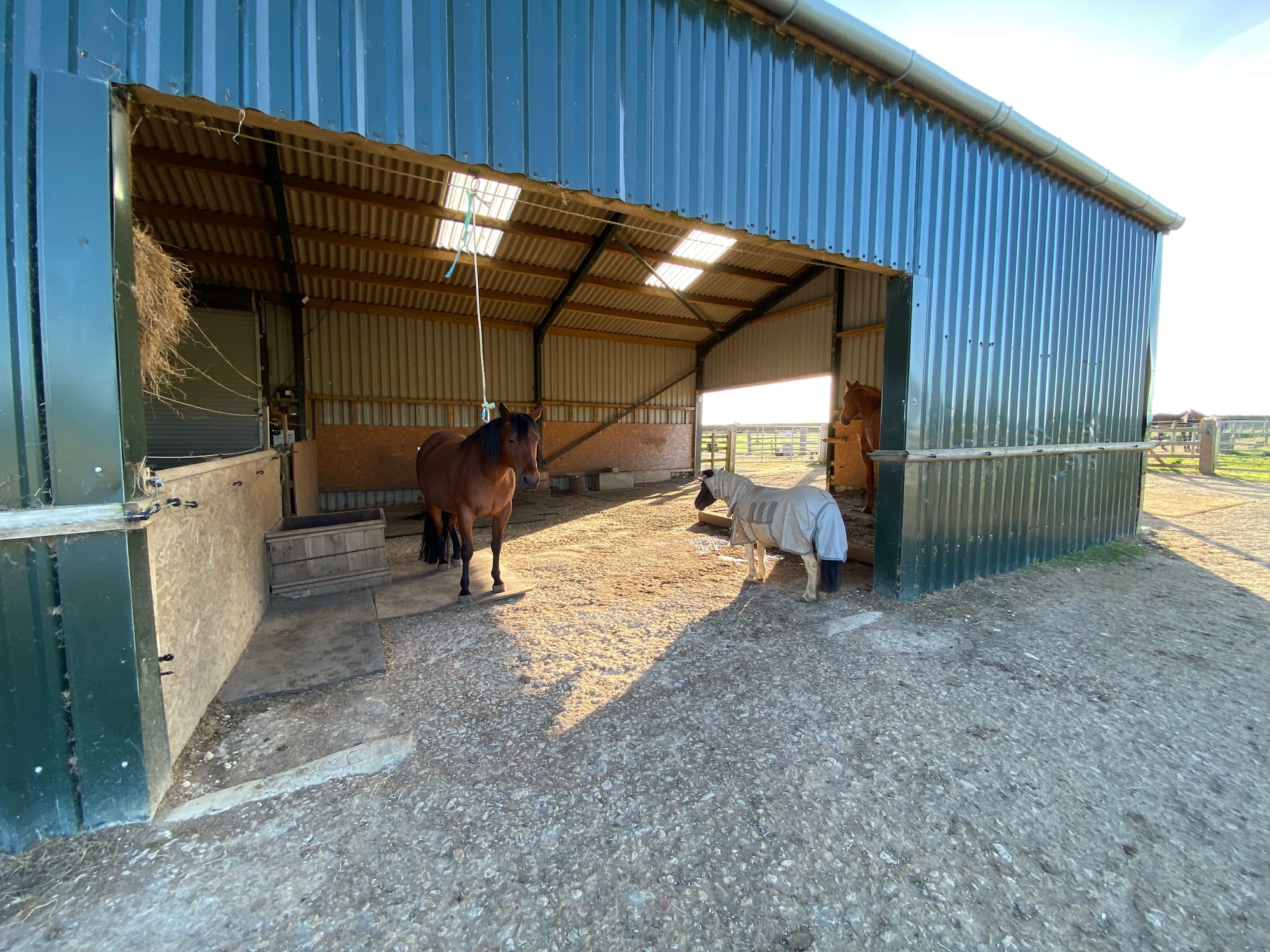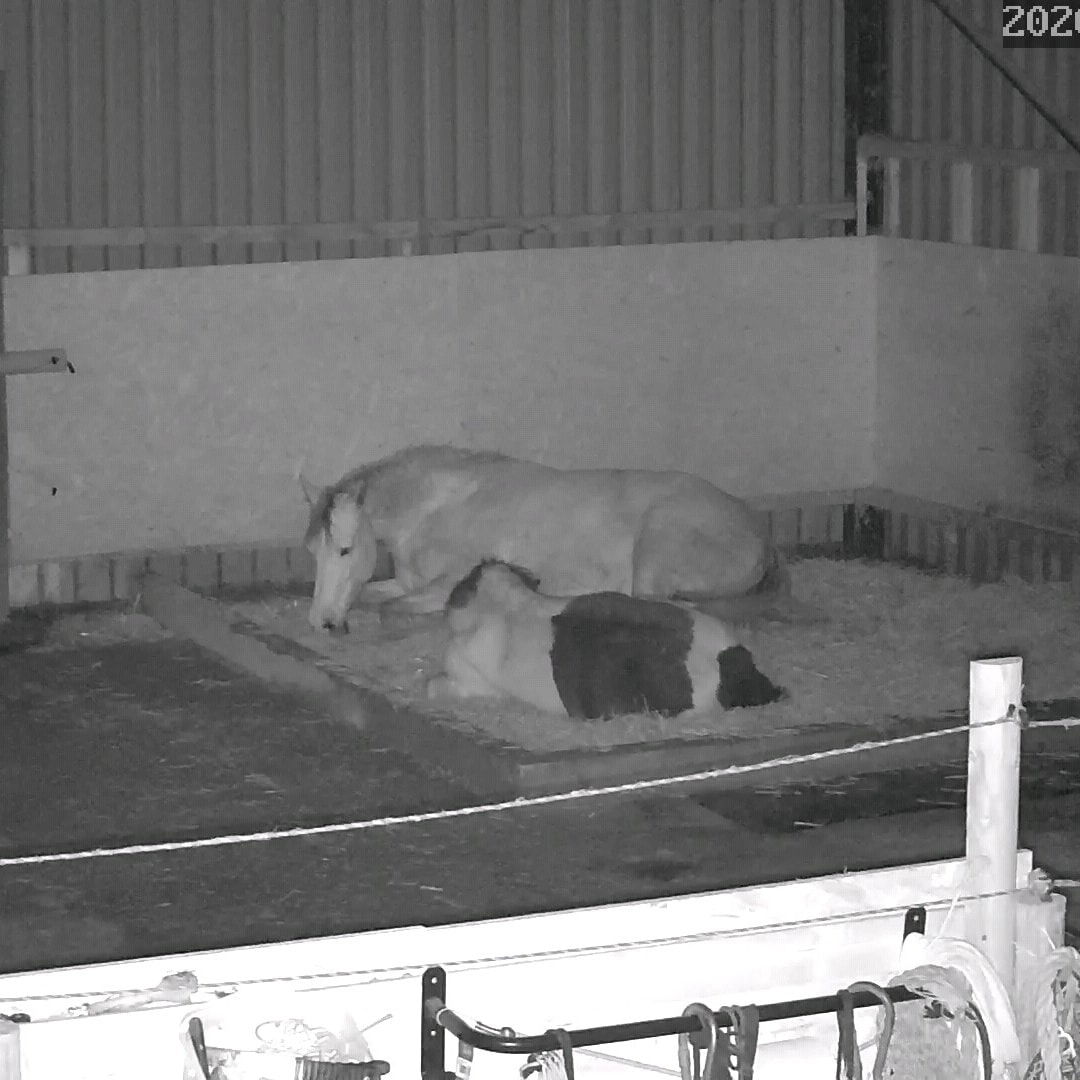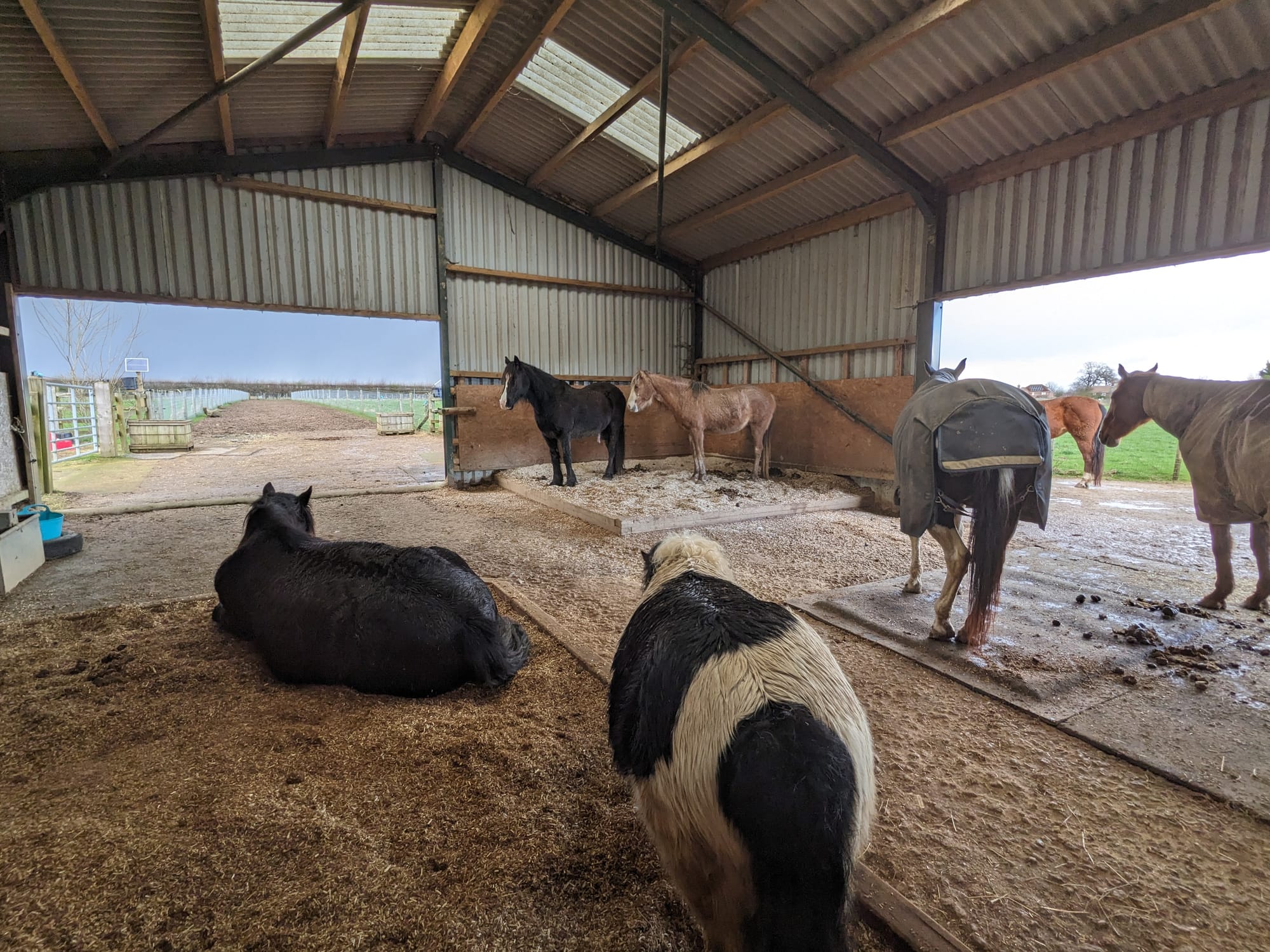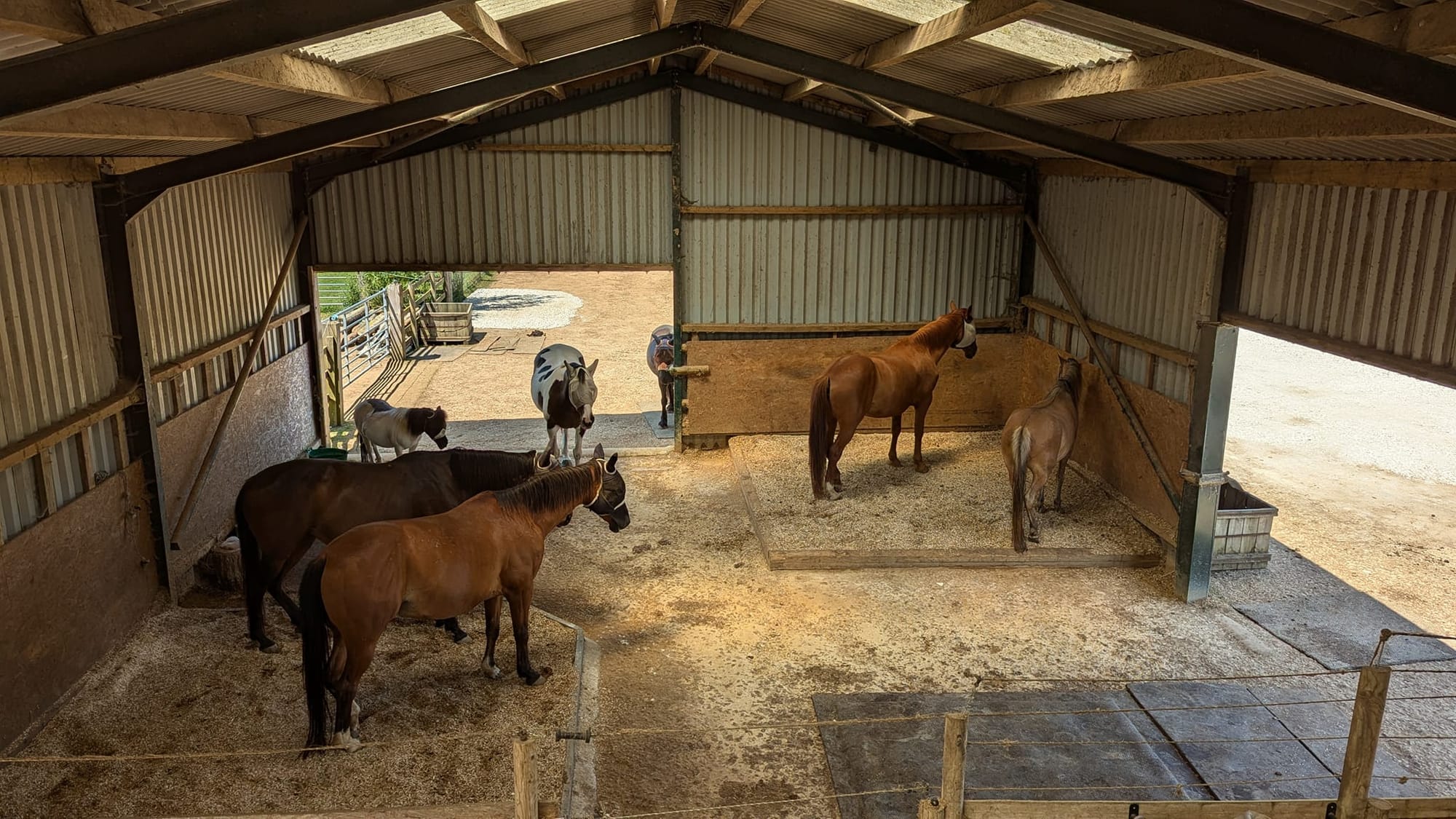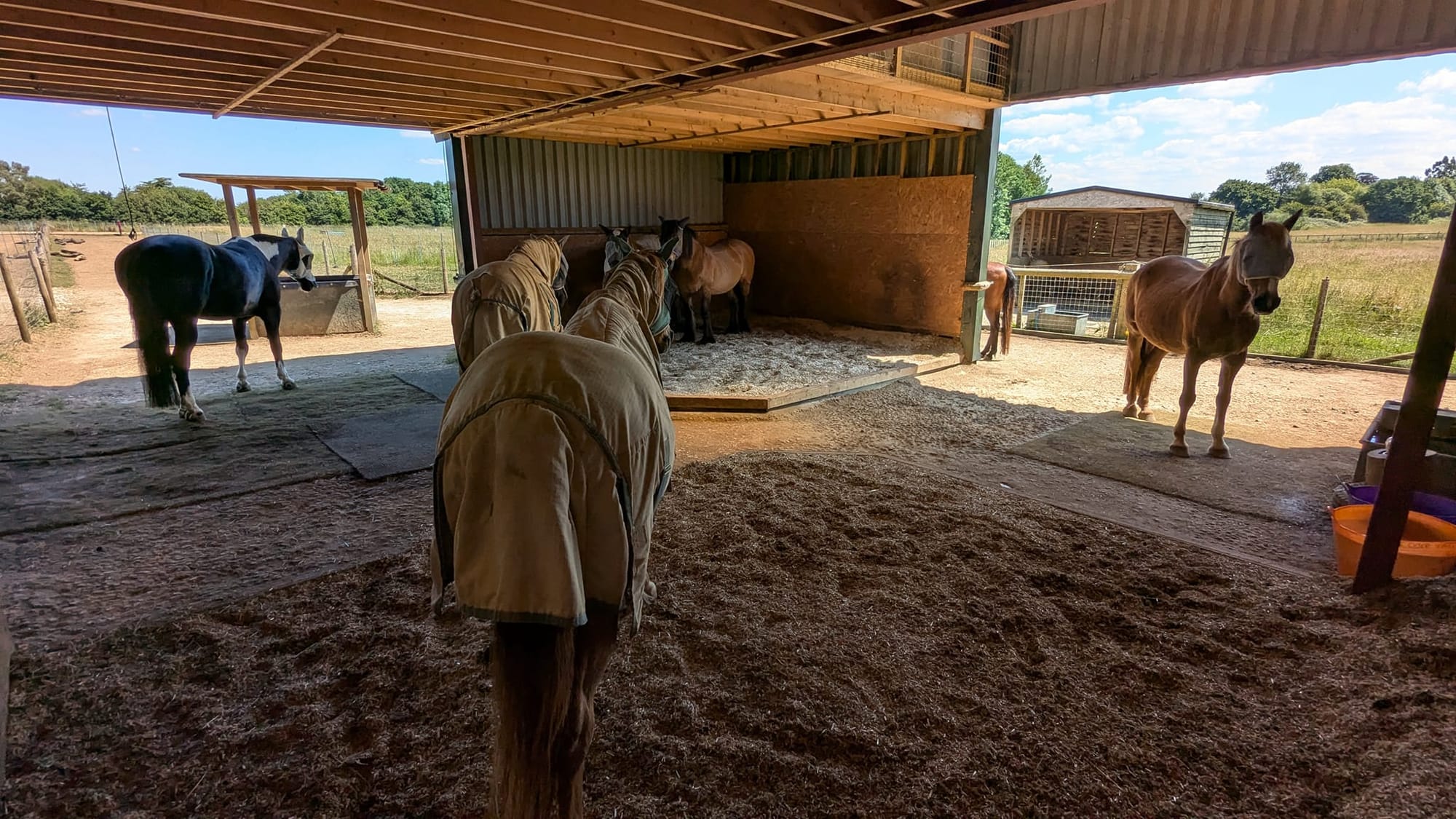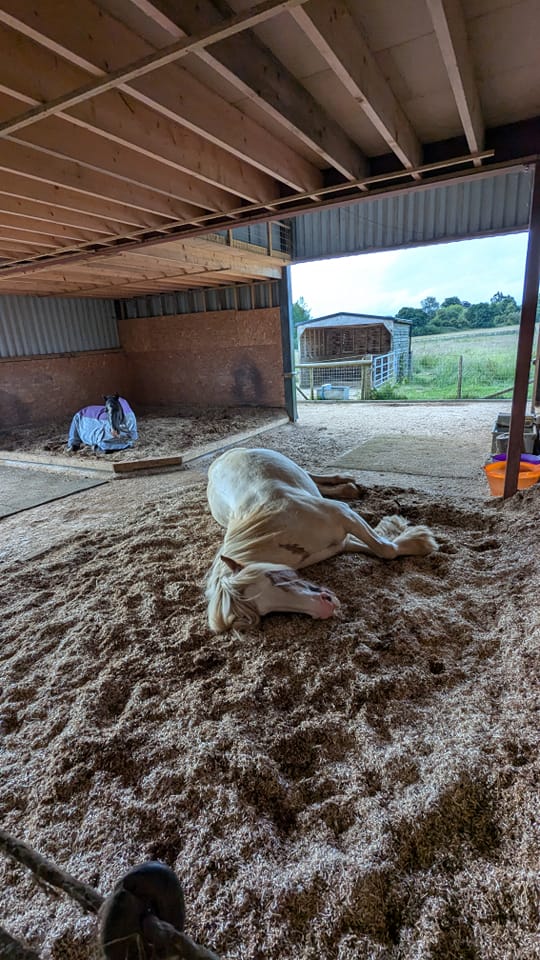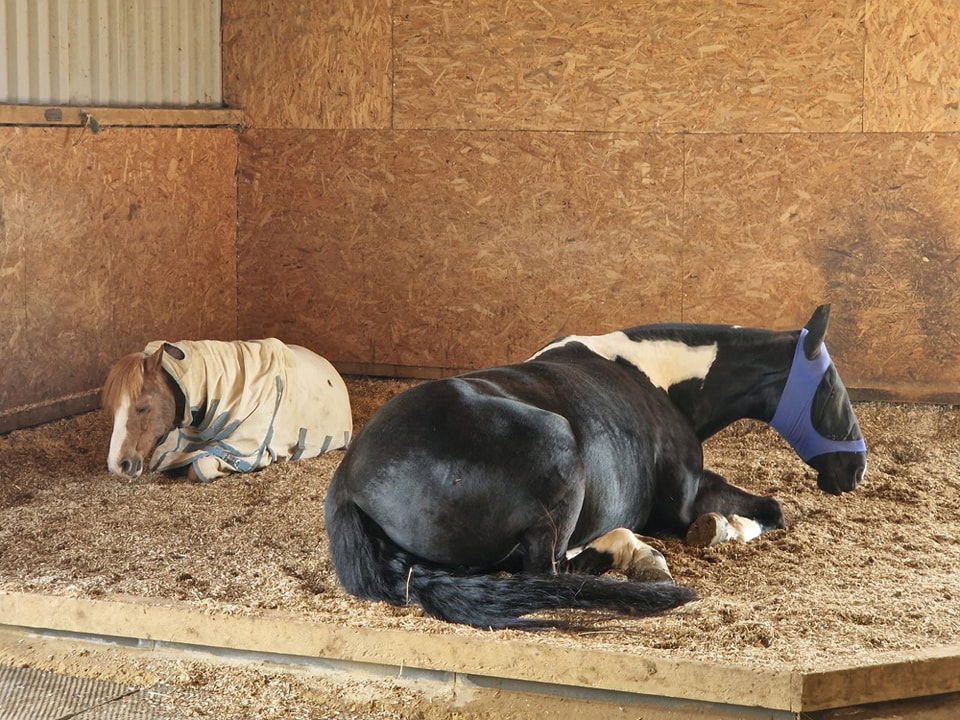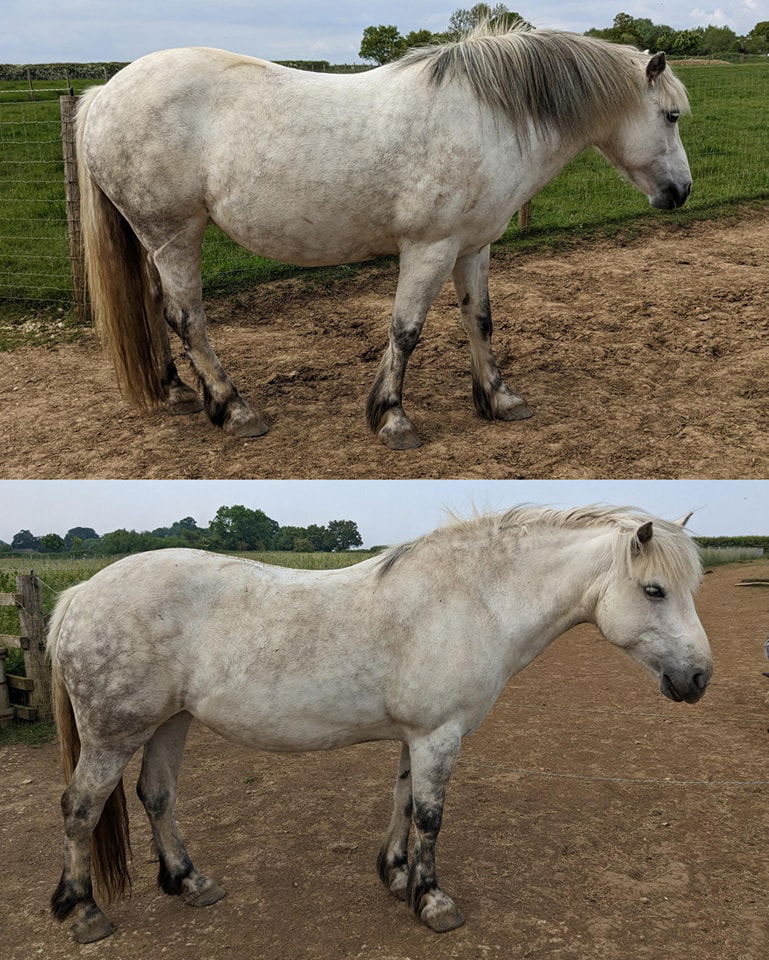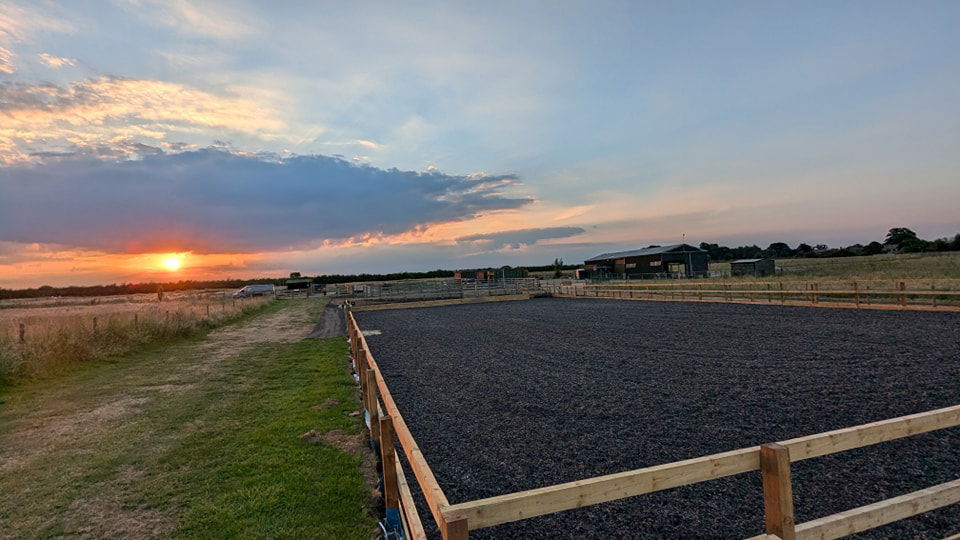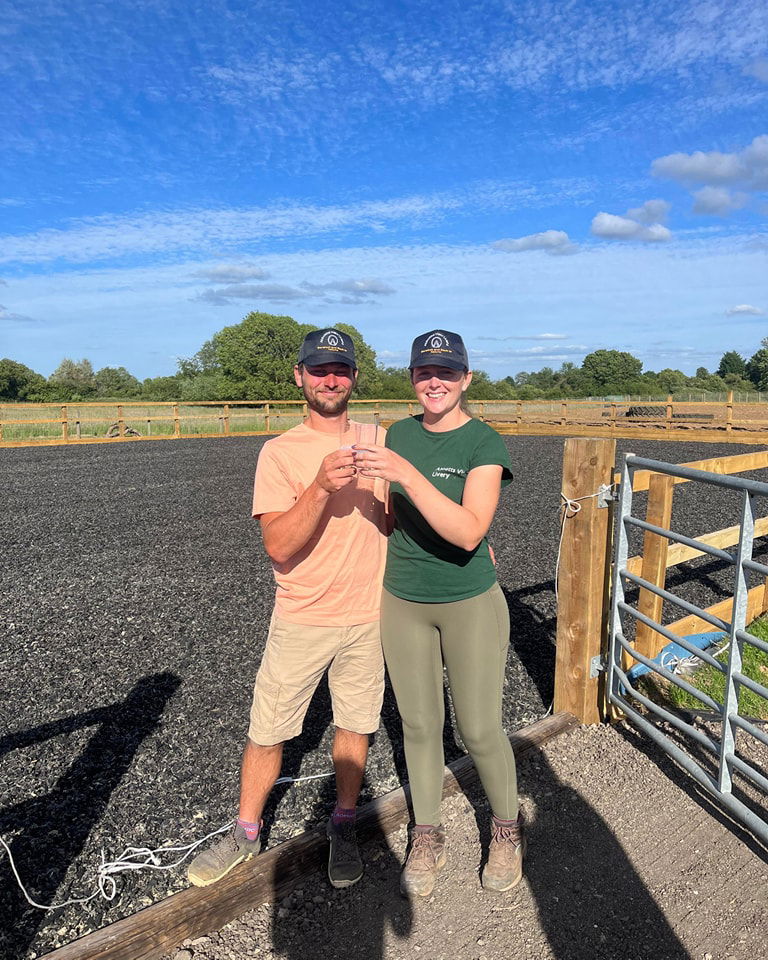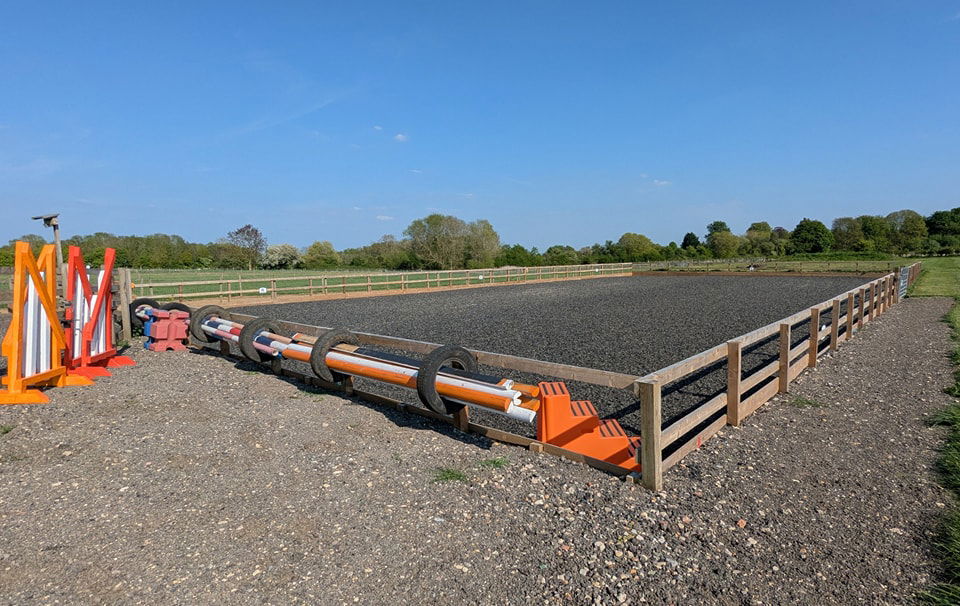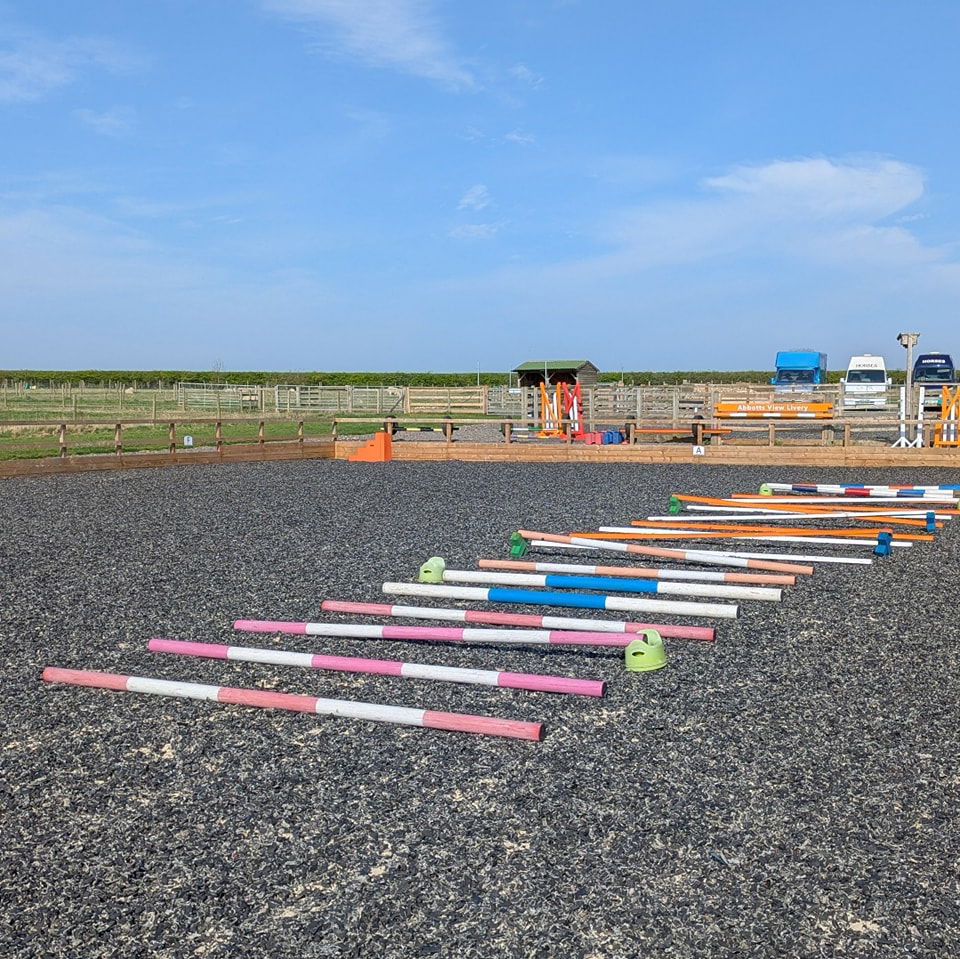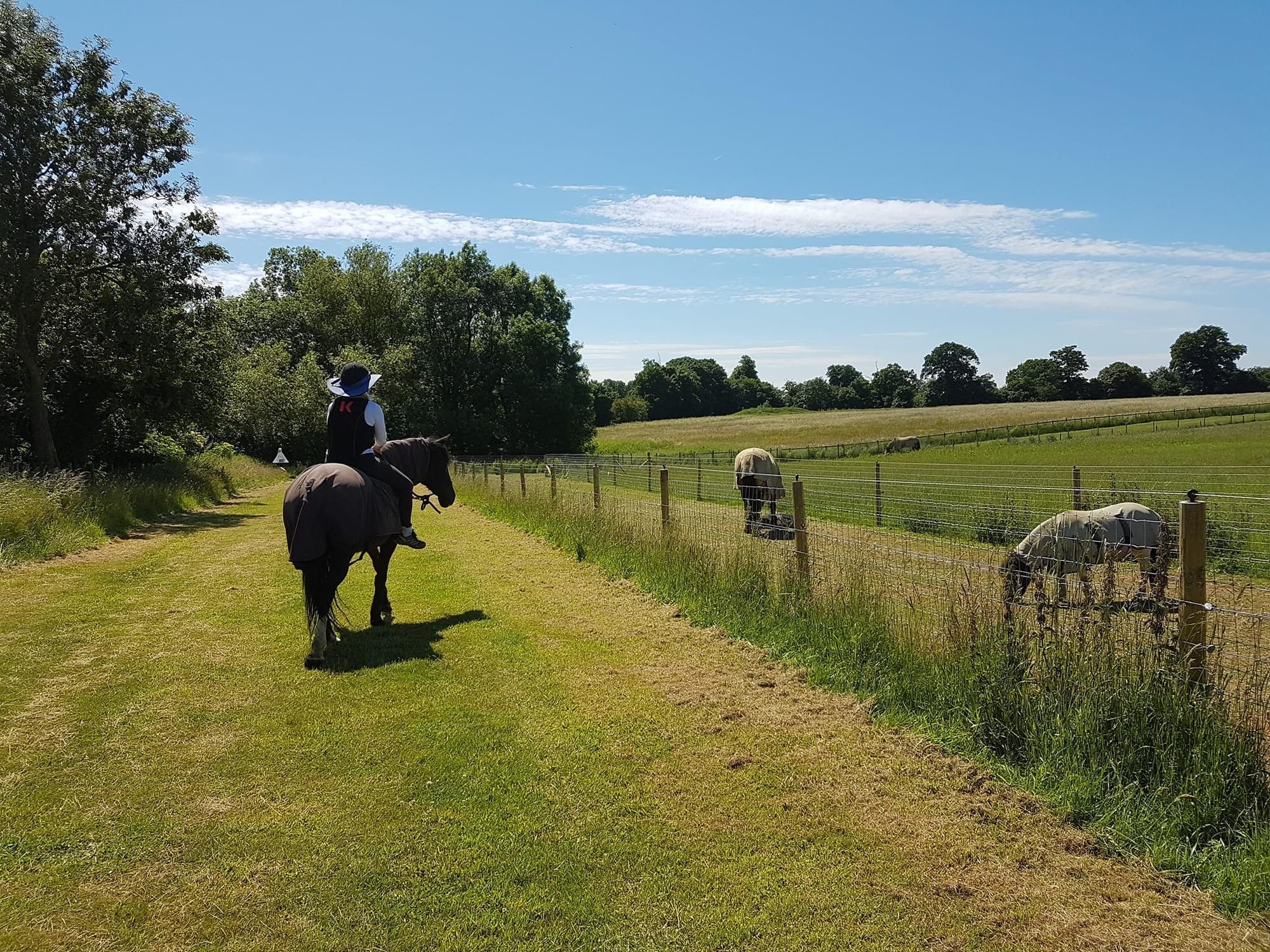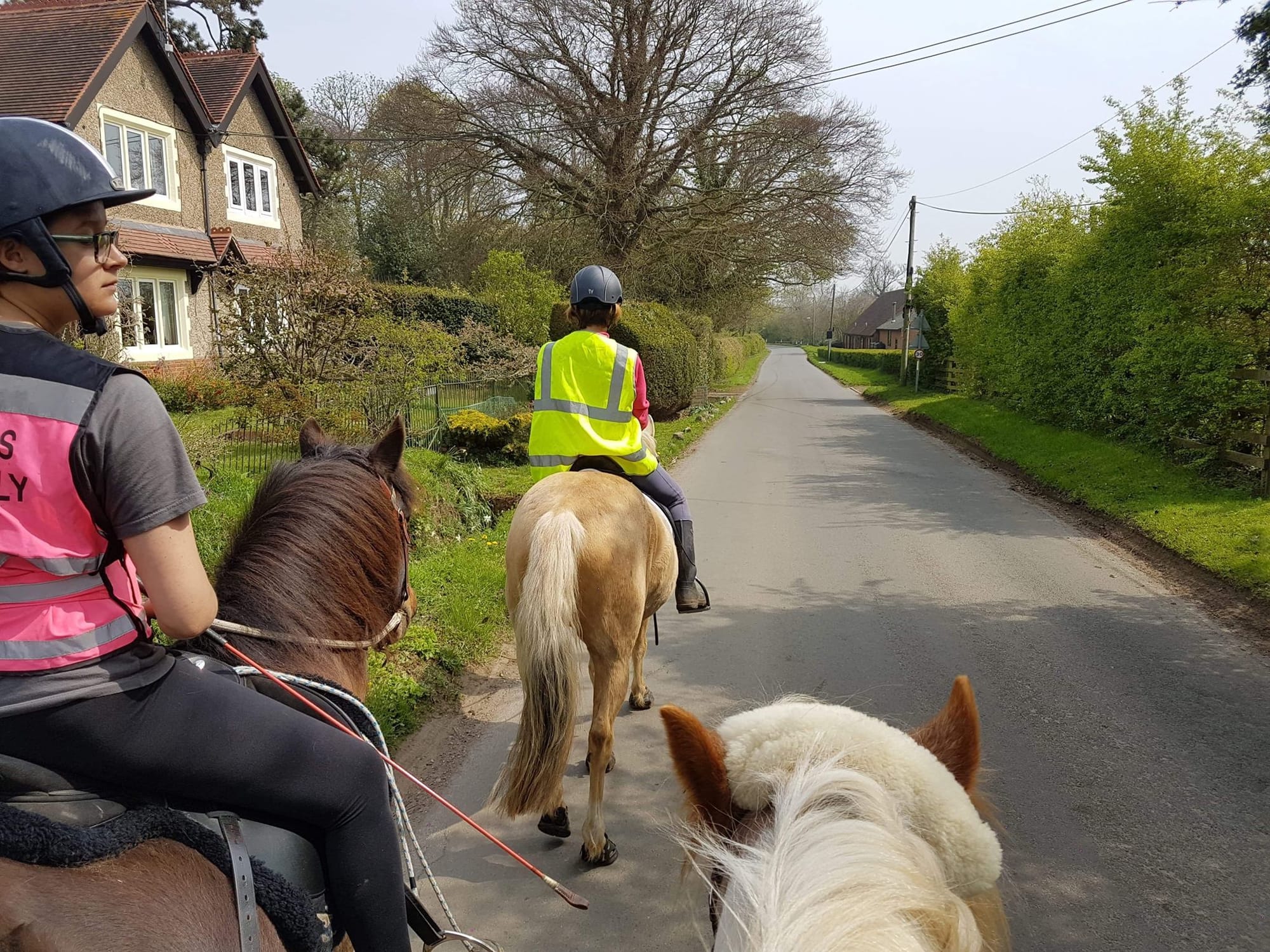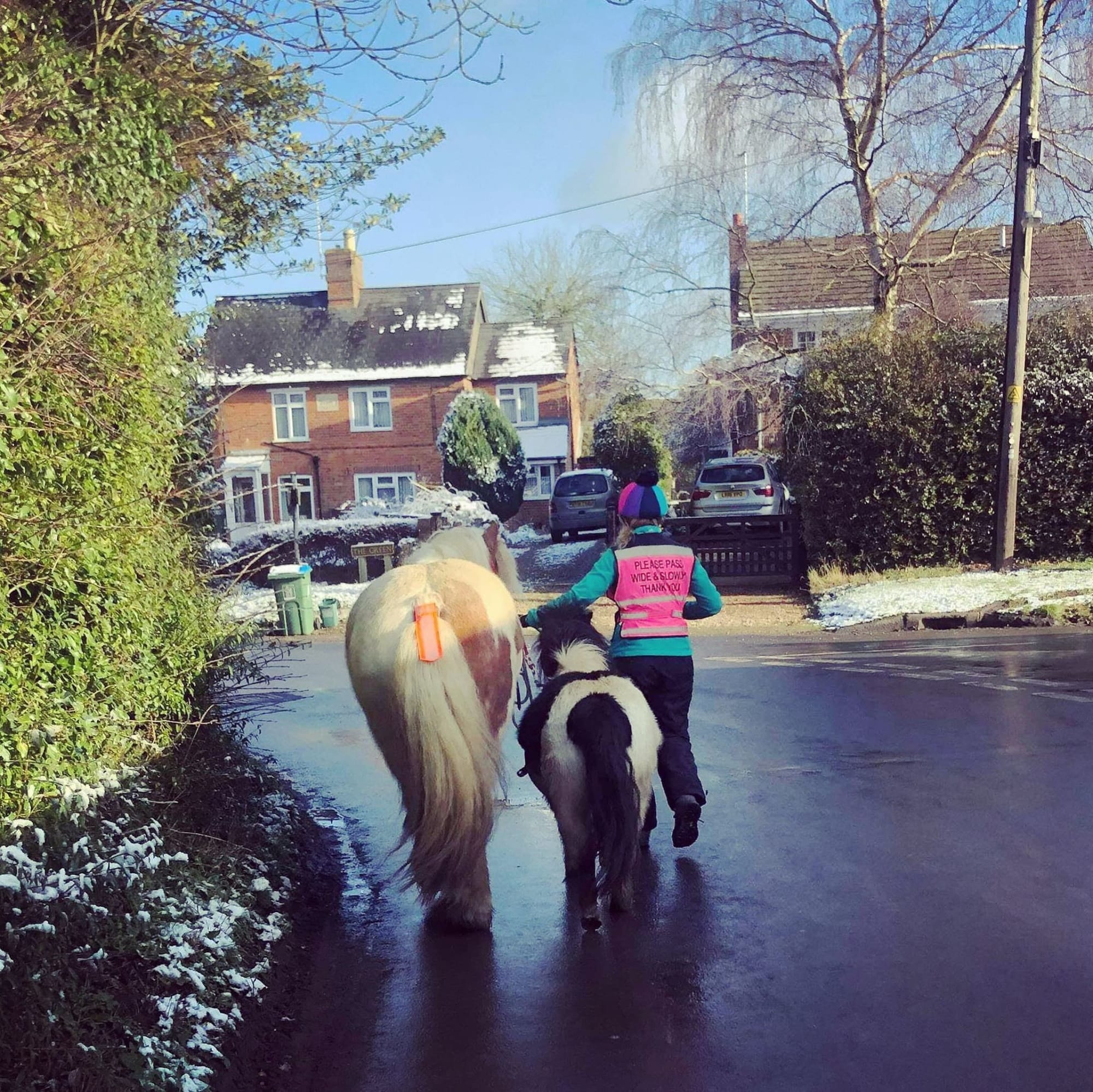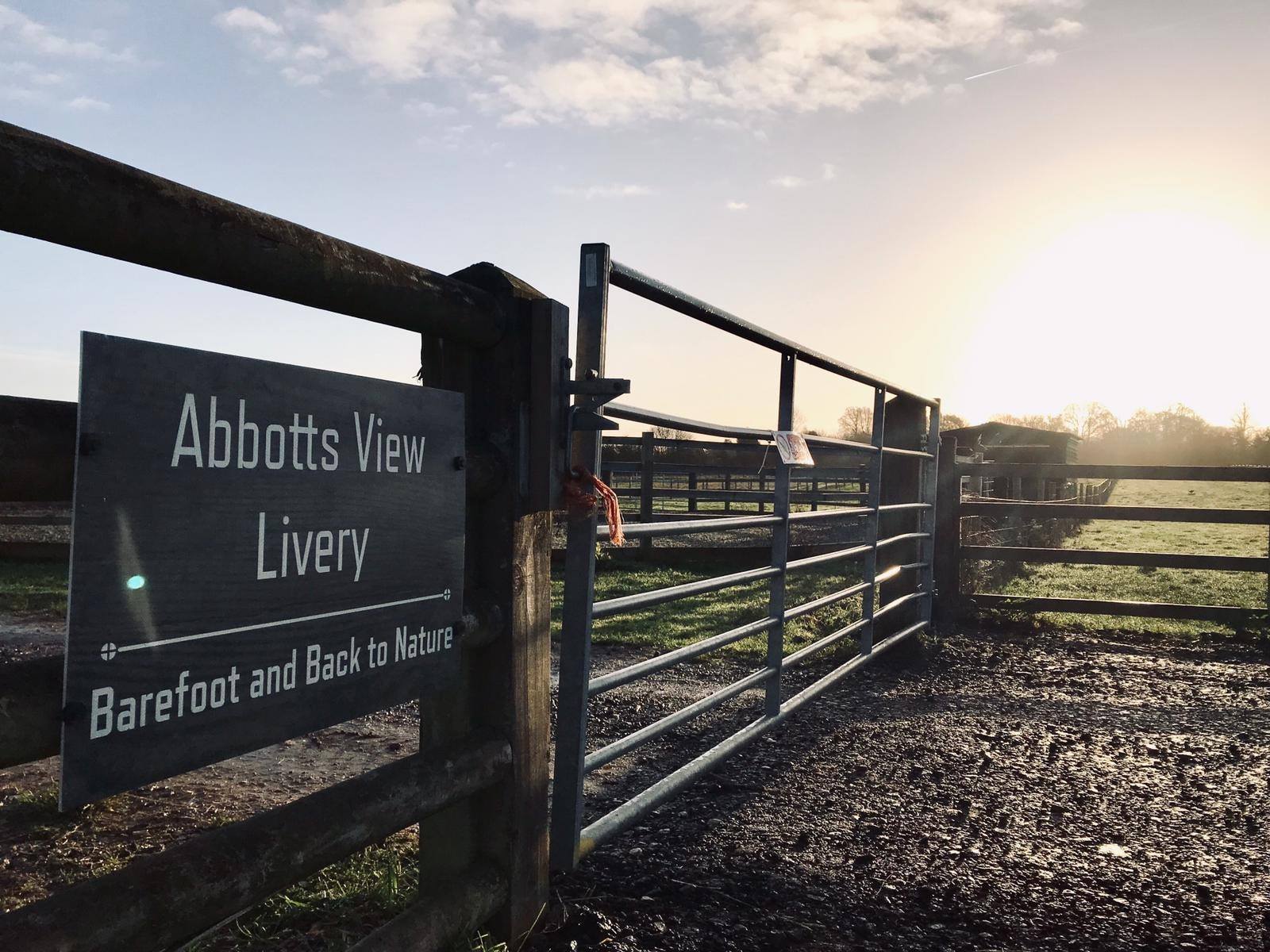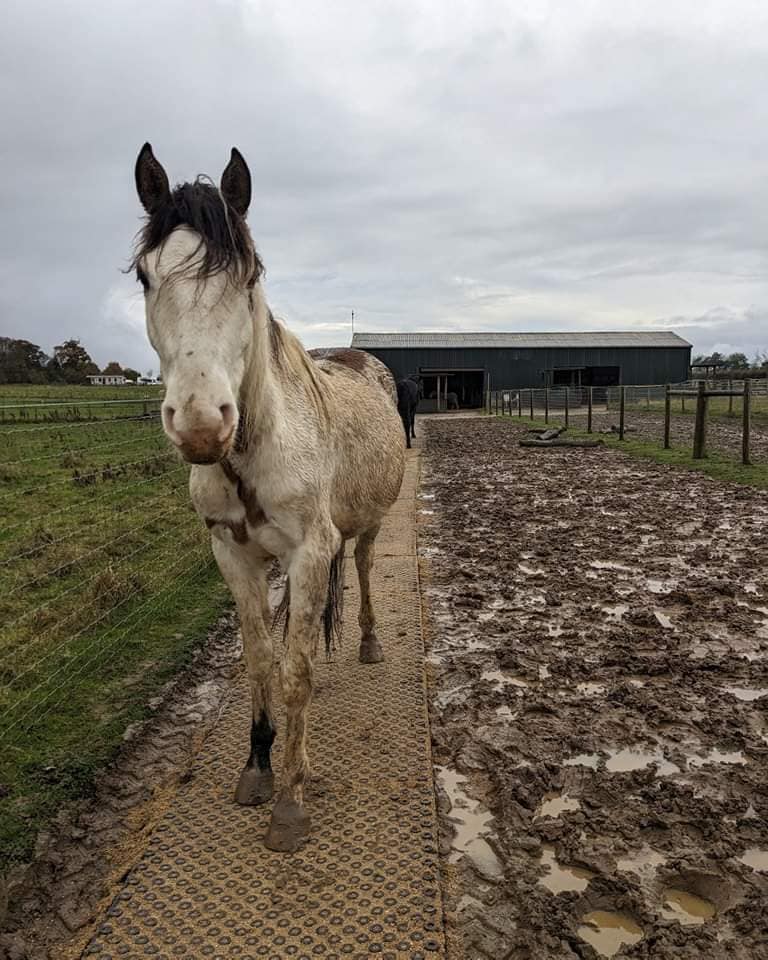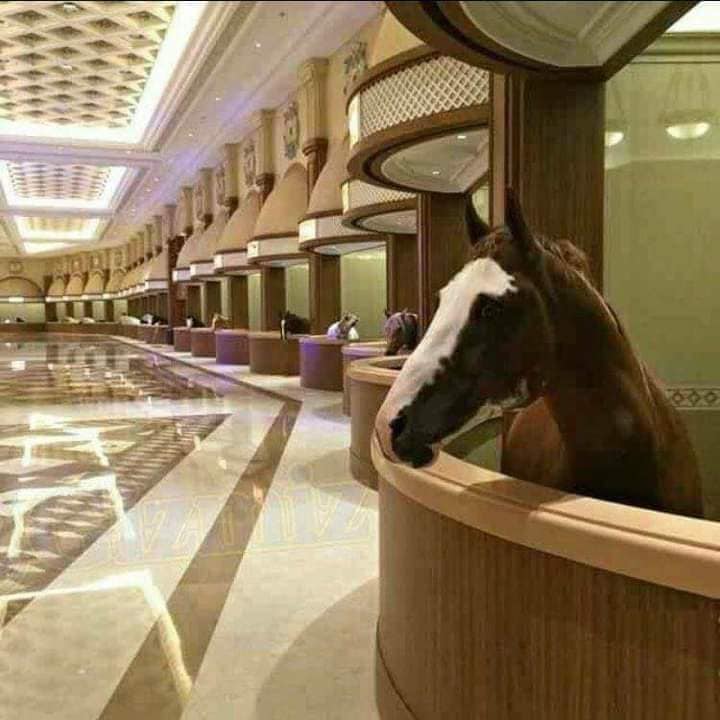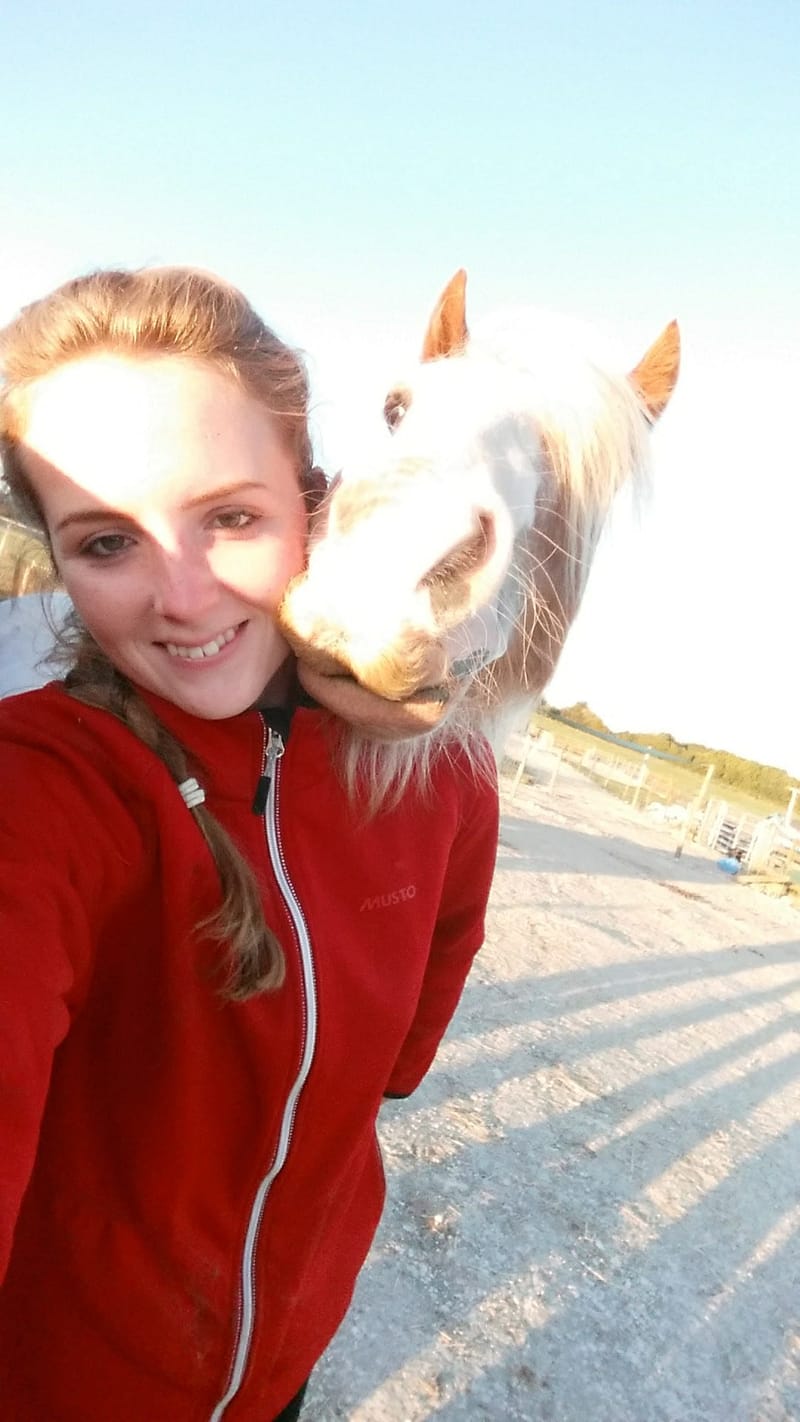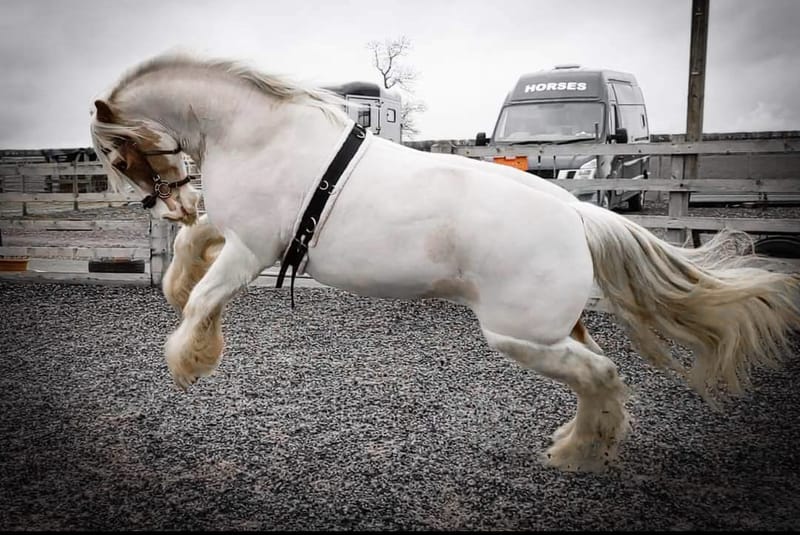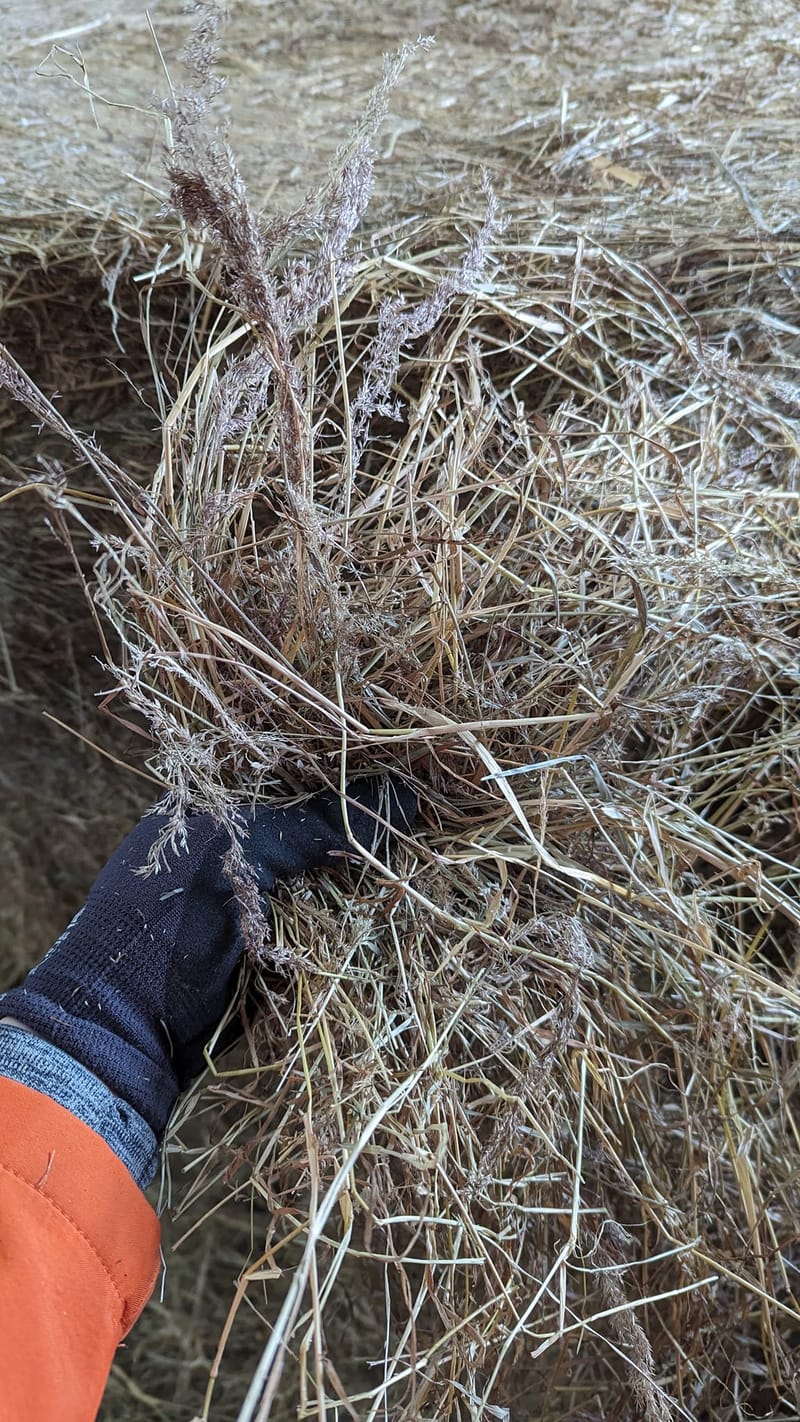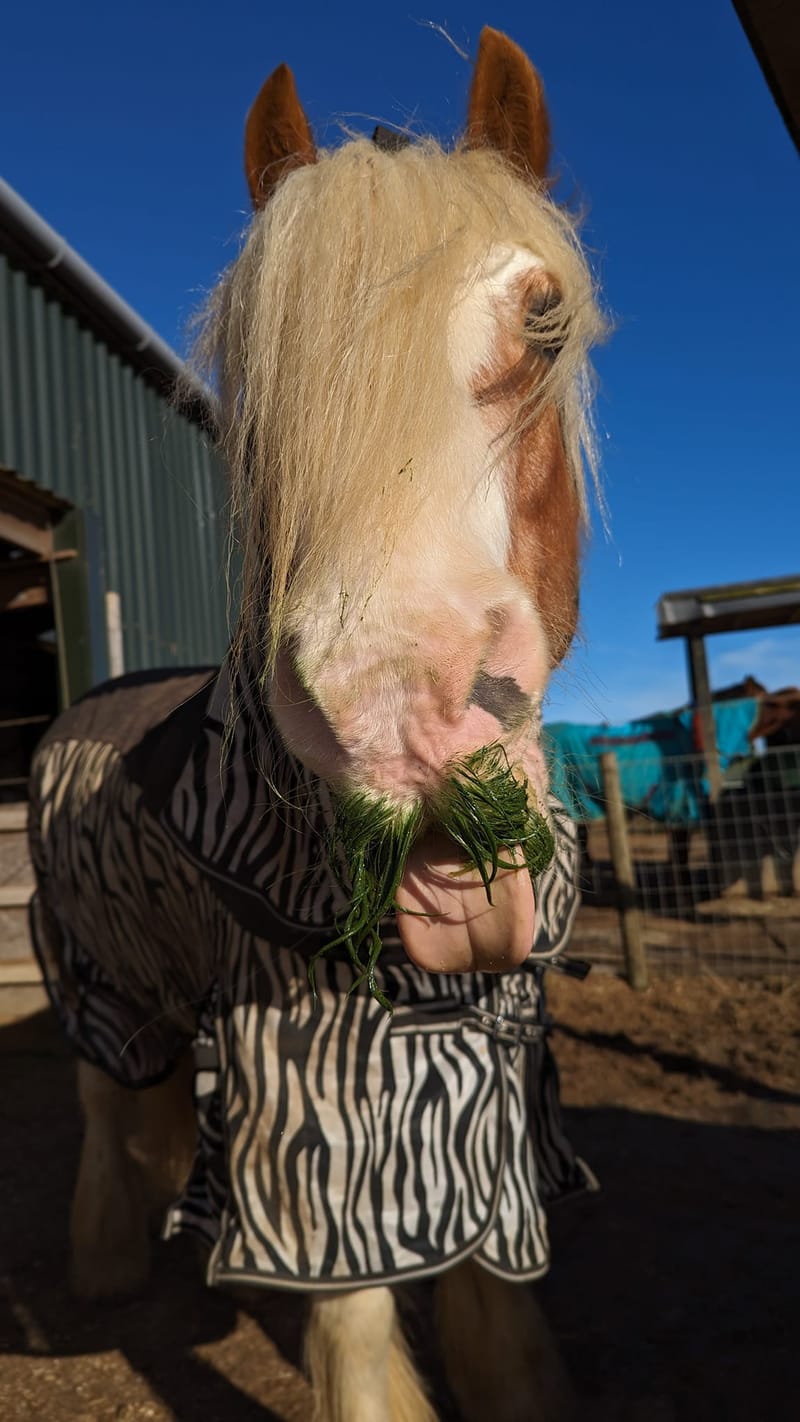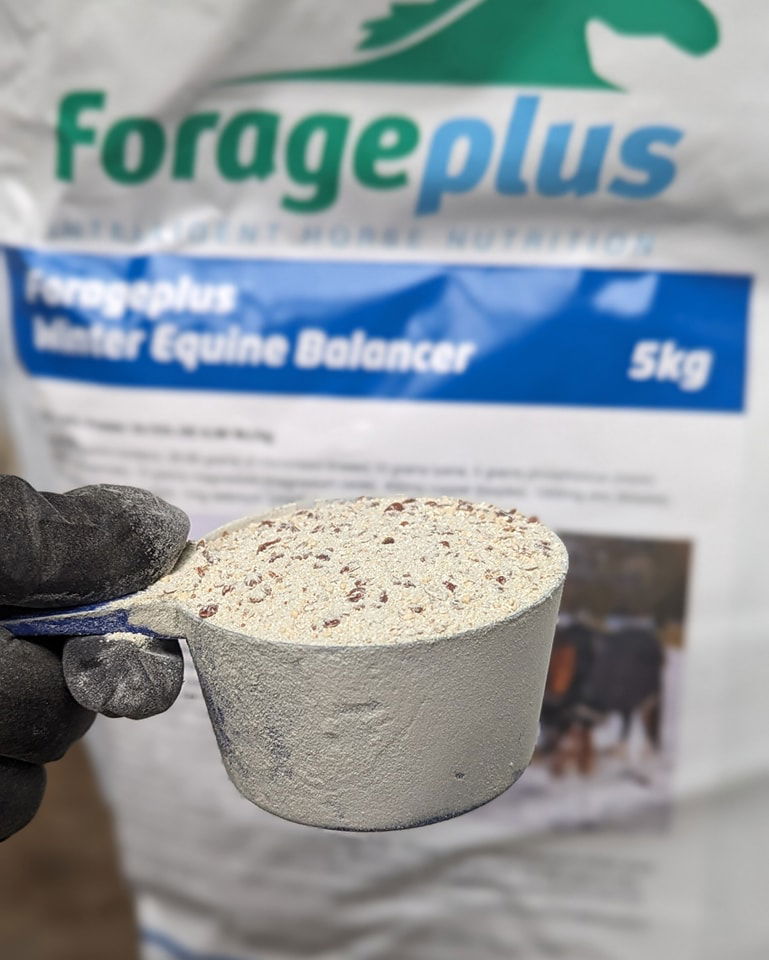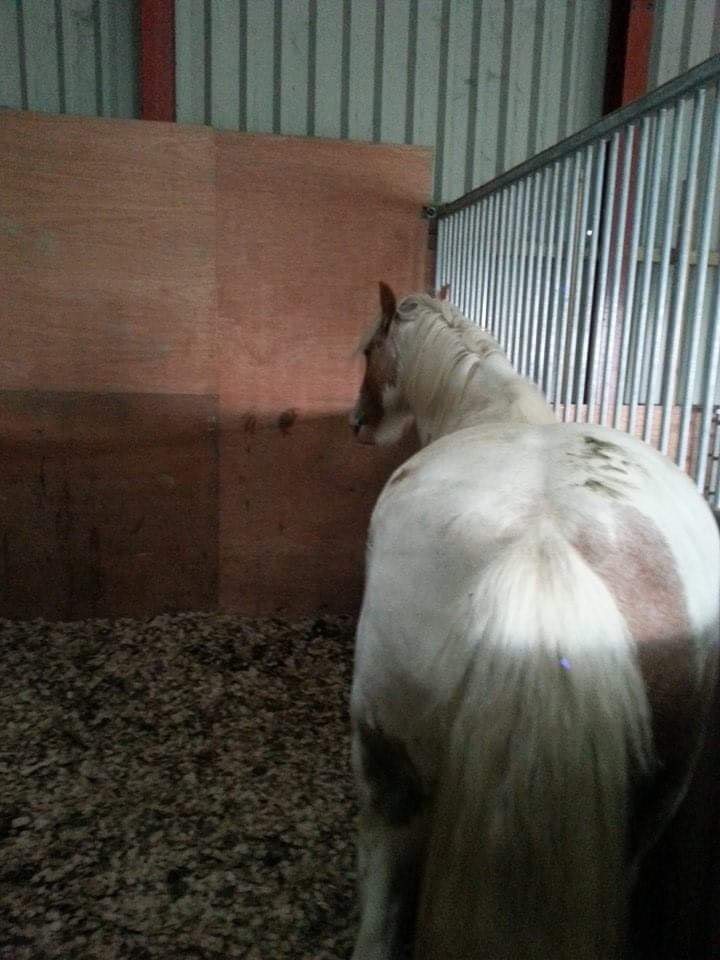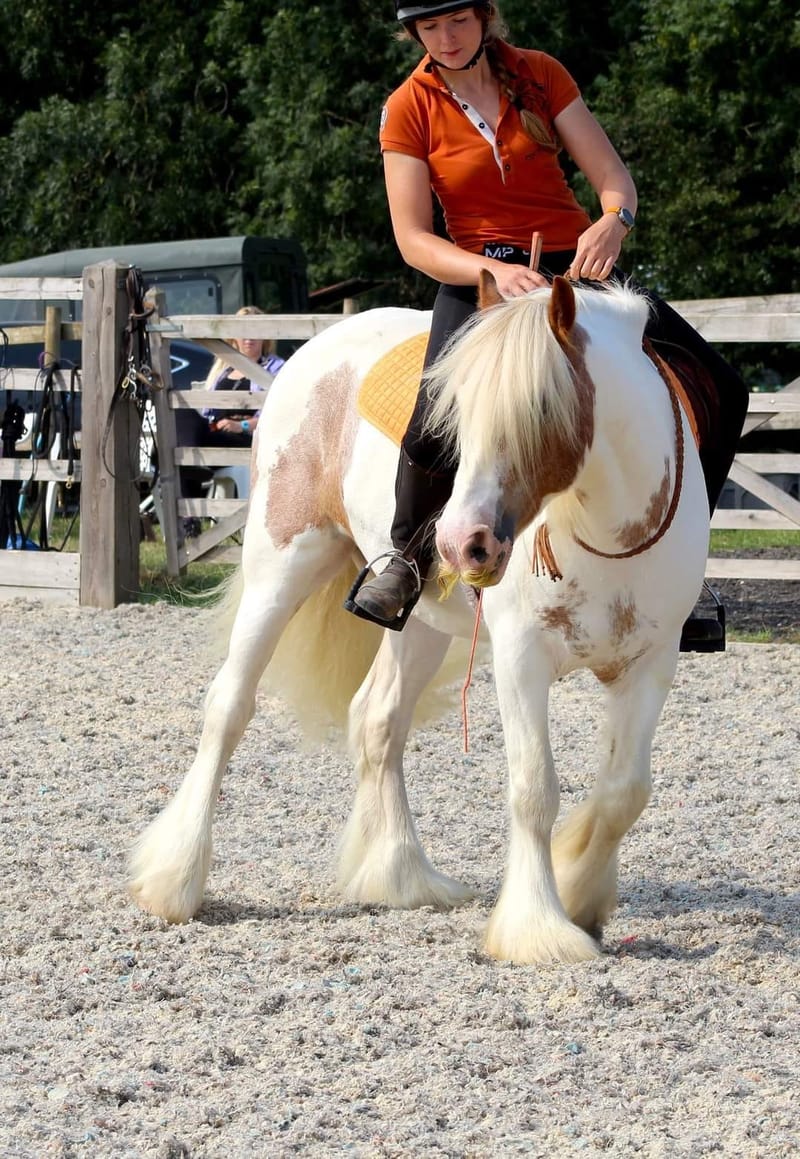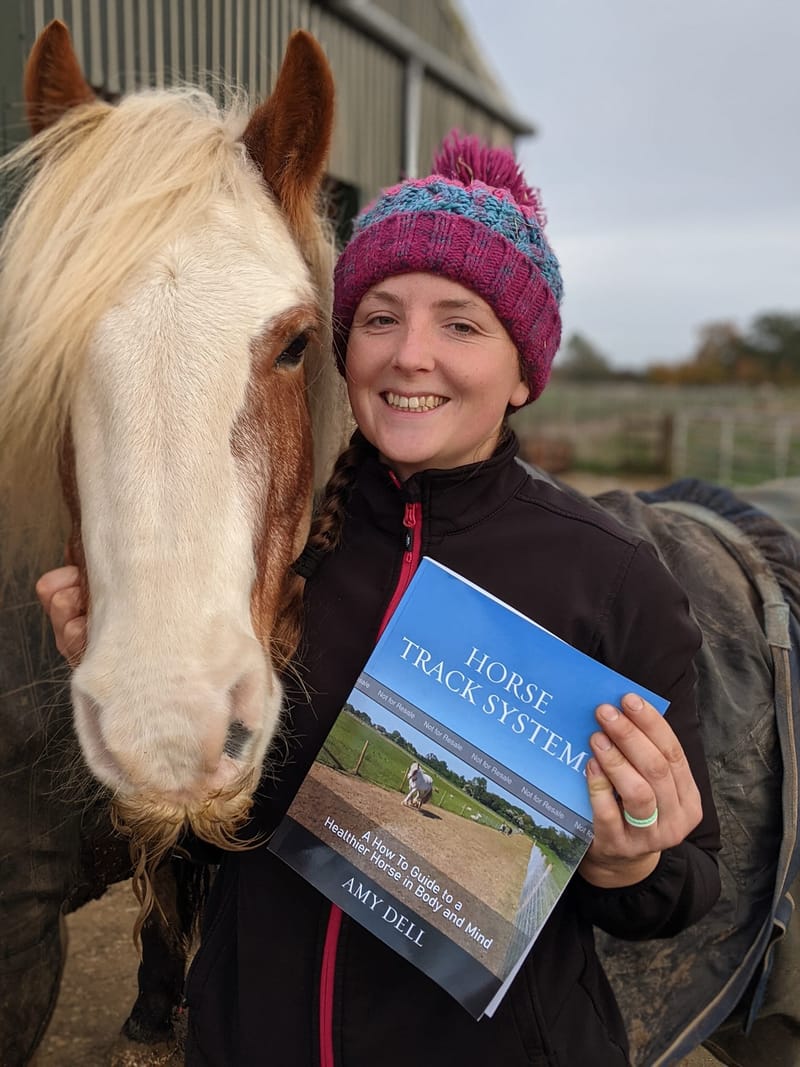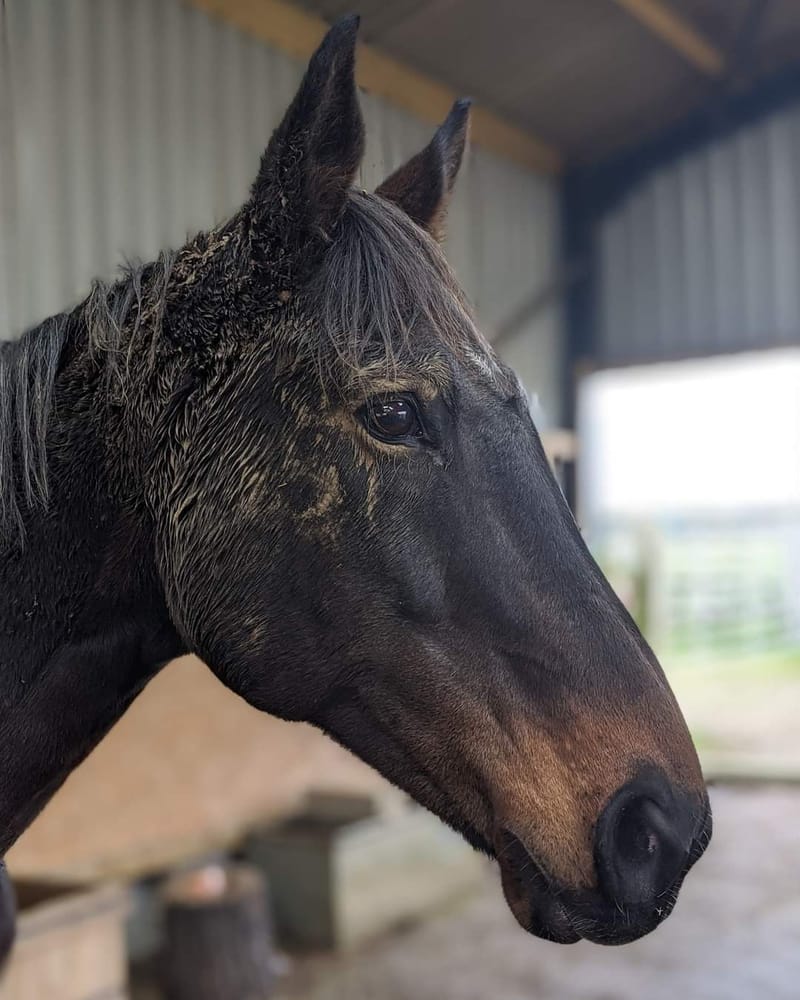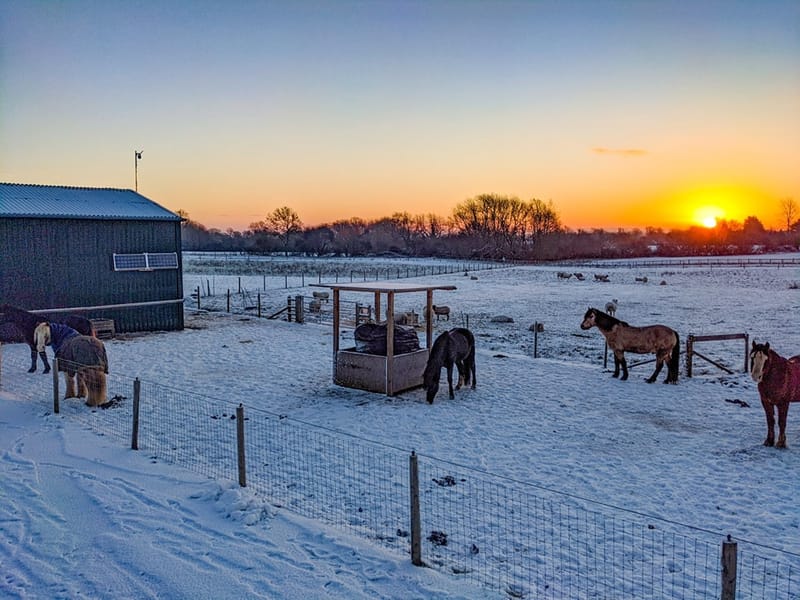Abbotts View Livery
Barefoot and Back to Nature
About
Our farm is home to a variety of animals and we breed alpacas, and keep sheep, pygmy goats, ducks, rabbits and g-pigs! For more information please visit Abbotts View Alpacas.
Abbotts View Livery was created by me, Amy, the eldest daughter of three, as I felt there was need for a livery for like-minded people and their barefoot equine partners!
The 'traditional' way of keeping horses (shod, stabled and turned out onto lush grass) that has been performed for many years works for some, but for most has huge faults and negative impacts that need addressing, to enable horses to be healthier both physically and mentally. We need a way of keeping horses that provides more turn-out, decreased behavioural problems, more movement and better management of the high sugar and starch grasses of England that are detrimental to the health of the majority of today's horses (think EMS, Laminitis, obesity, cushings).
Being able to keep horses living out 24/7, year round, whilst still managing grass intake and your horses mental and physical well-being is a huge task, whether your horse is retired or in full ridden work. A track system is a new and exciting way of keeping horses that provides all of these things, and I believe, is the key to having mentally and physically healthier horses.
So after a lots of research, budgeting, planning and dreaming my vision of running a yard came to fruition! I feel so excited to be able to create a livery environment that I dreamed about for me and my horses, and I'd love to share it with you and your equine partner.
My mission is to create a livery yard for like-minded people where their horses are free to express their natural behaviours and is a place of retreat, where people challenge themselves to build on their relationships with their horses and offer encouragement, guidance and support to one another.
"The key to having physically and mentally healthier horses" Jaime Jackson
Our Tracks
Livery
TRACK SYSTEMS GUIDE BOOK
Track Systems Book
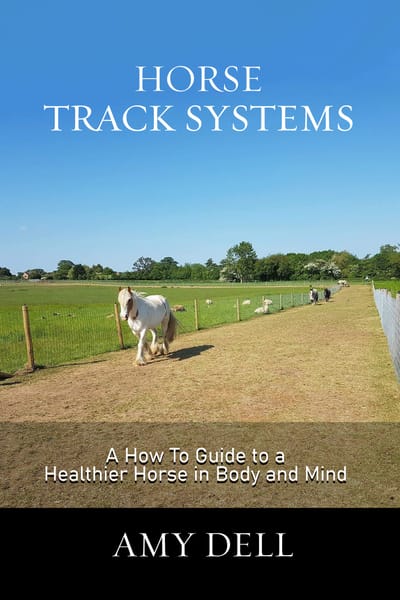
My new book 'Horse Track Systems: A How To Guide to a Healthier Horse in Body and Mind' was released end of November 2022 and is OUT NOW!!!
Over 100 five star reviews on amazon! Read some of my favourites here.
Buy directly from me for a SIGNED COPY by click here (dispatched in 3-5 working days) UK ONLY
For the rest of the world please buy through Amazon. Please note that some countries will not be able to buy the standard print version of my book and will need to purchase the premium colour print version (Australia and New Zealand)
If you would like a signed copy and you live outside the UK, please contact me for a price for postage to your country.
A track system or 'Paddock Paradise' is an exciting new way of keeping horses that was created by Jaime Jackson, who spent years researching into horses' natural environments and studying how they live in the wild.
Rather than being turned out into paddocks, a track is fenced along the perimeter of the paddock, allowing for restricted grazing and increased movement.
Laminitis, colic, obesity, EMS and other equine health problems are on the rise and the majority of these are caused by incorrect management. A Track System looks back to nature, and aims to mimic this within a domesticated environment creating a way of living that is closer to what nature intended, and in turn, creating horses that are healthier in both body and mind.
In a nut shell, a track system:
- Increases movement whilst reducing grass intake
- Mimics the horse's natural environment
- Allows horses to express their natural behaviour
- Discourages vices and unwanted behaviour
- Creates a stimulating and enriched environment for the horse
- Allows 24/7 turnout 365 days a year
- Has many health benefits including a lower risk of our most common health problems such as stomach ulcers and laminitis.
This book includes:
- What is a track system?
- Detailed descriptions and step by step instructions on different surface options and how to implement them
- Track system templates
- Introducing new horses on track
- Creating points of enrichment
- Running a track system as a business
And much much more!
Track System Consultancy
Do you want to set up your own Track System? Whether it be for your own horses or as a livery? Do you want to make a huge difference to your horses and/or other horses in your area and do something that you LOVE everyday?
See Track Consultancy below for more information
Track system consultancy
Do you want to set up your own Track System? Whether it be for your own horses or as a livery? Do you want to make a huge difference to your horses and/or other horses in your area and do something that you love everyday?
Setting up a Track System is not easy. How wide to make the track? What surfaces and fencing to use? How do you introduce new horses to the herd? These are all questions I can help you with. From my experience, through trial and error and some expensive and emotionally draining mistakes along the way, I can help to ensure you don't make the same mistakes too!
I started Abbotts View Livery in 2016, and over the past 5 years I have learnt more than I ever imagined about track systems, herd dynamics and horses in general. I am the only track livery of my kind within a 2 hour travel radius, making my business a niche, and a huge risk when I started - not knowing whether I would get any interest, let alone actual clients!
Five years on with a full livery yard of happy horses and clients and a long waiting list, I now find myself receiving a huge number of emails, FB messages, comments etc from horse owners and new business owners alike asking for advice. That number seems to have increased exceptionally in the last few months and I am excited to be able to offer this as a service!
Please click here to see our separate website for consultancy services.
Setting up a Track System is not easy. How wide to make the track? What surfaces and fencing to use? How do you introduce new horses to the herd? These are all questions I can help you with. From my experience, through trial and error and some expensive and emotionally draining mistakes along the way, I can help to ensure you don't make the same mistakes too!
I started Abbotts View Livery in 2016, and over the past 5 years I have learnt more than I ever imagined about track systems, herd dynamics and horses in general. I am the only track livery of my kind within a 2 hour travel radius, making my business a niche, and a huge risk when I started - not knowing whether I would get any interest, let alone actual clients!
Five years on with a full livery yard of happy horses and clients and a long waiting list, I now find myself receiving a huge number of emails, FB messages, comments etc from horse owners and new business owners alike asking for advice. That number seems to have increased exceptionally in the last few months and I am excited to be able to offer this as a service!
Please click here to see our separate website for consultancy services.
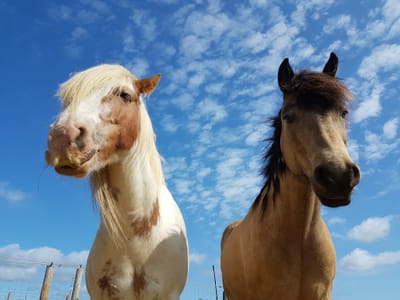
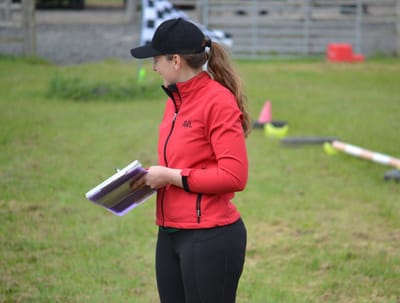
Jobs - Work with us
No Jobs Available
Please contact us if you are interested in working with us and we will keep your details on record and contact you should anything arise.
Apply Now Meet Our Horses
Meet our Humans
Flynn
Head Groom
Evie
Groom
Livery Testimonials
Worm counts
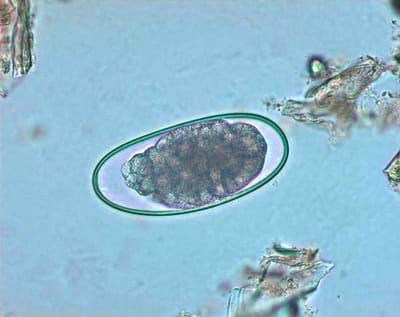
We complete all of the FEC worm tests for our liveries to ensure we are not worming horses unless required.
Faecal egg counts are essential to find out it your horse has worms, and if so how seriously they are affected. Routine worming is no longer recommended as this can lead to parasites becoming resistant to horse wormers.
We perform worm counts every 3 months and worm accordingly. This also enables us to keep track of each horse's individual worm count, and monitor whether they rise or decrease and be on the look out for any resistance issues.
We can also offer worm counts for horses outside of the livery. All that's required is a faecal sample.
Please contact us for more information.
Faecal egg counts are essential to find out it your horse has worms, and if so how seriously they are affected. Routine worming is no longer recommended as this can lead to parasites becoming resistant to horse wormers.
We perform worm counts every 3 months and worm accordingly. This also enables us to keep track of each horse's individual worm count, and monitor whether they rise or decrease and be on the look out for any resistance issues.
We can also offer worm counts for horses outside of the livery. All that's required is a faecal sample.
Please contact us for more information.
Blog
F.A.Q
Contact
- Aston Abbotts, Aylesbury HP22 4NF, UK
- Abbotts View Farm
- +44-(0)7853137766
- abbottsviewtracklivery@gmail.com
- open by appointment only
